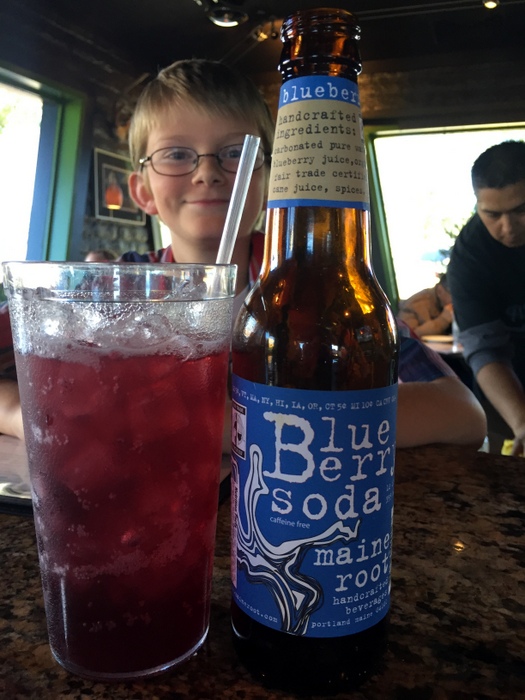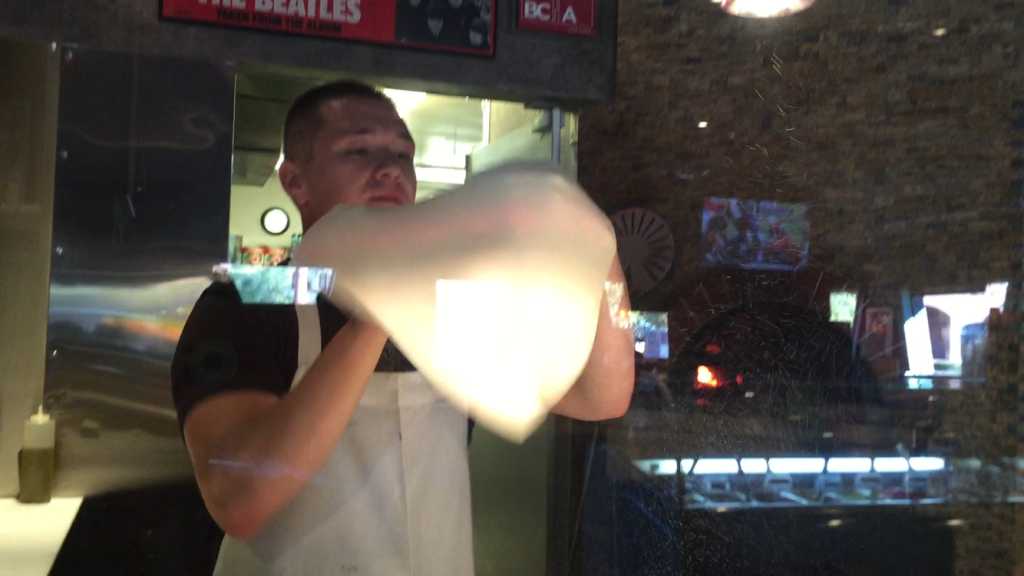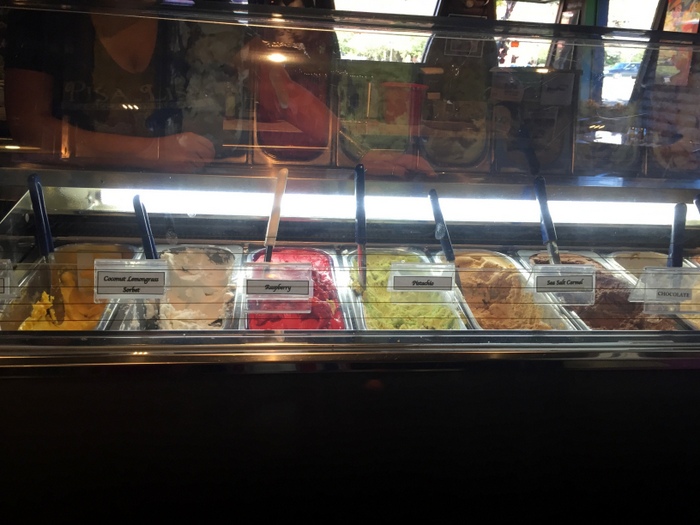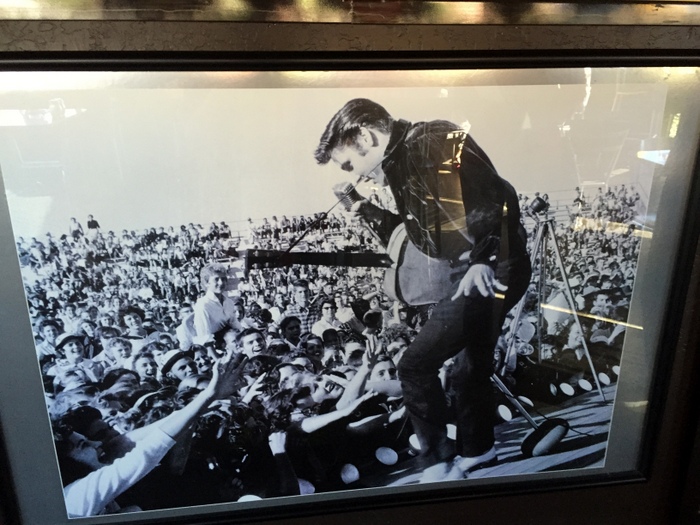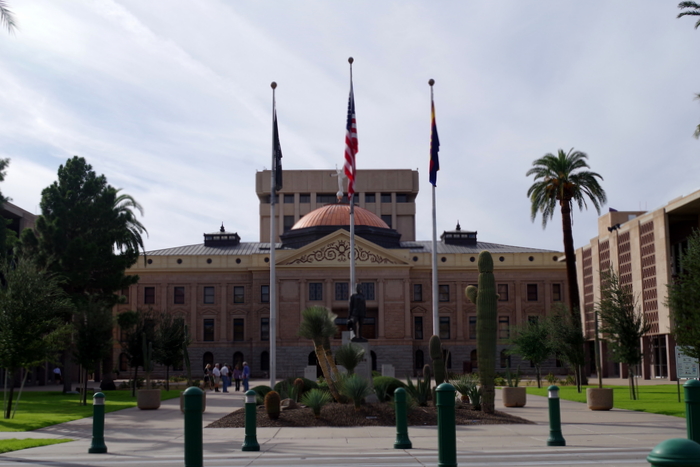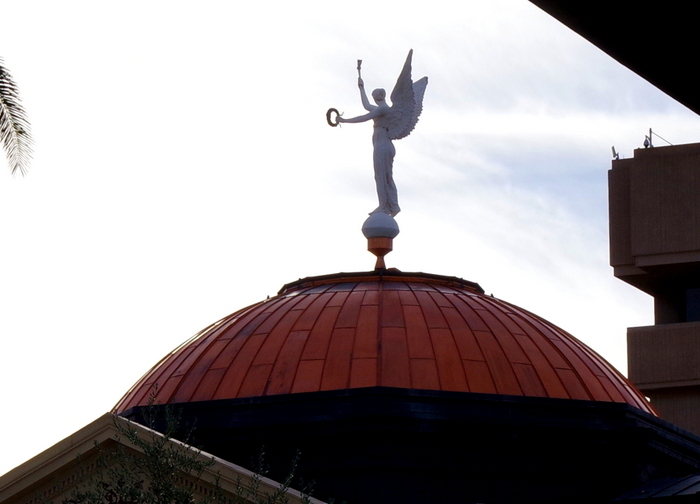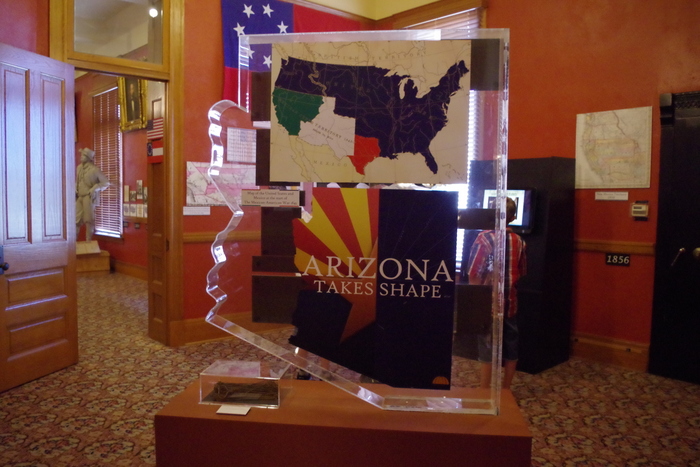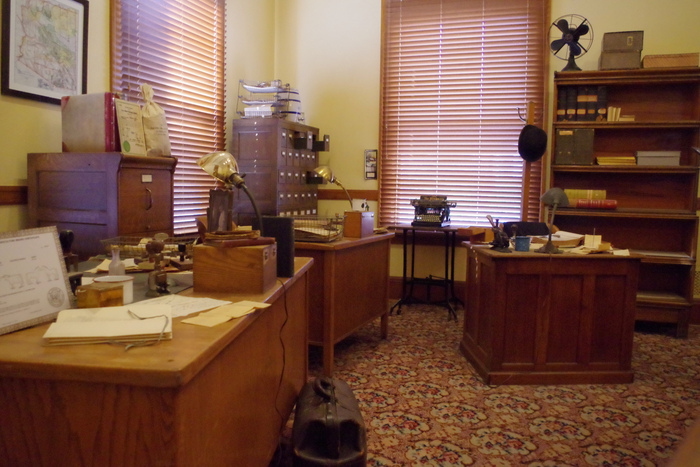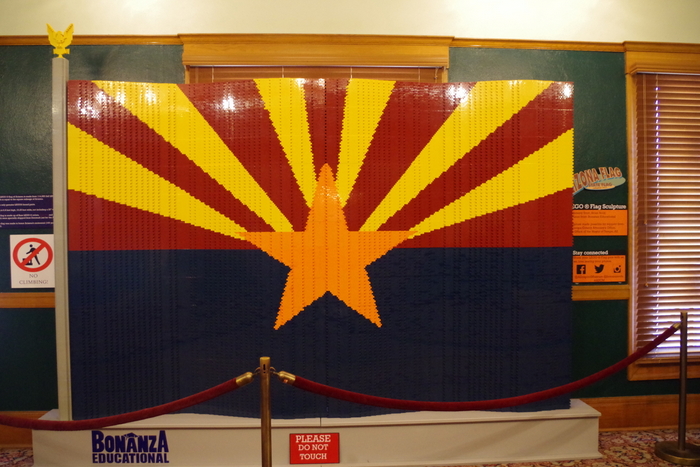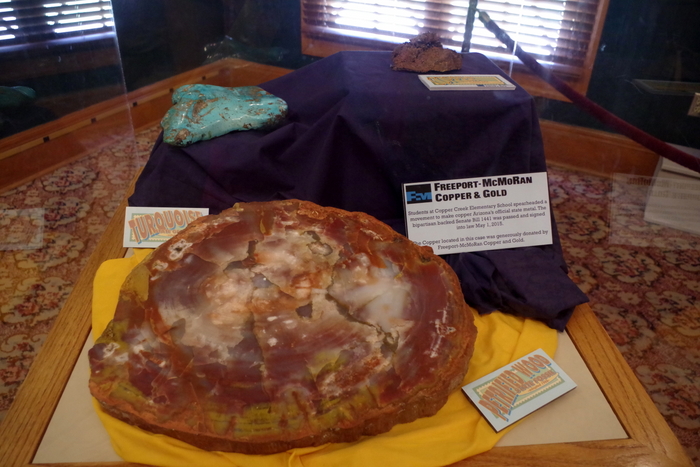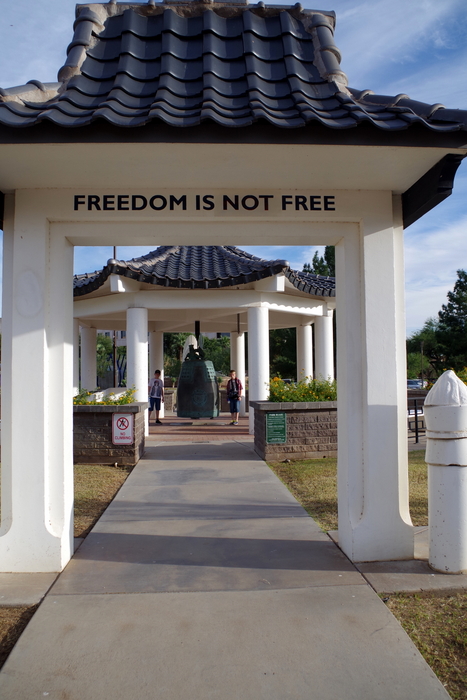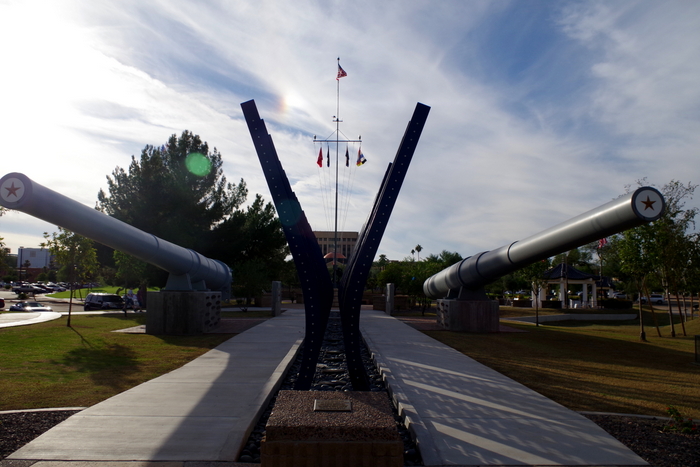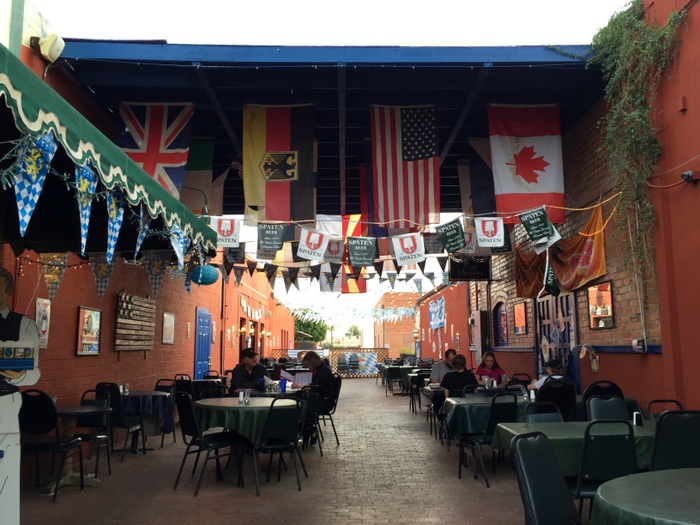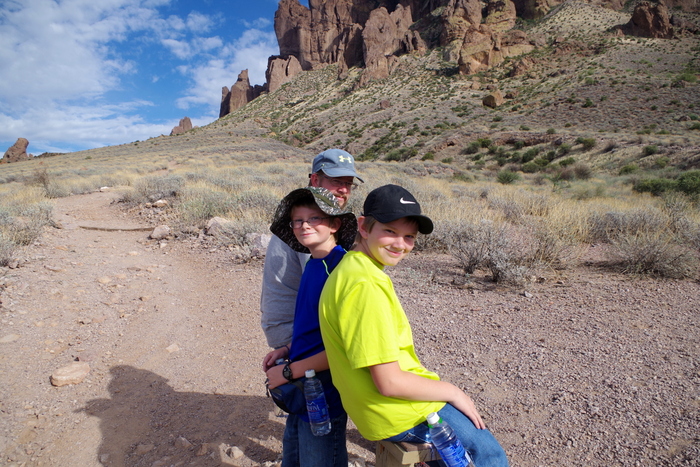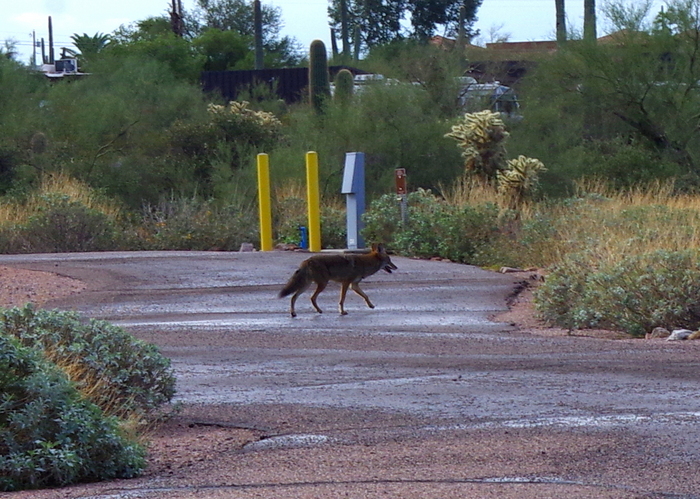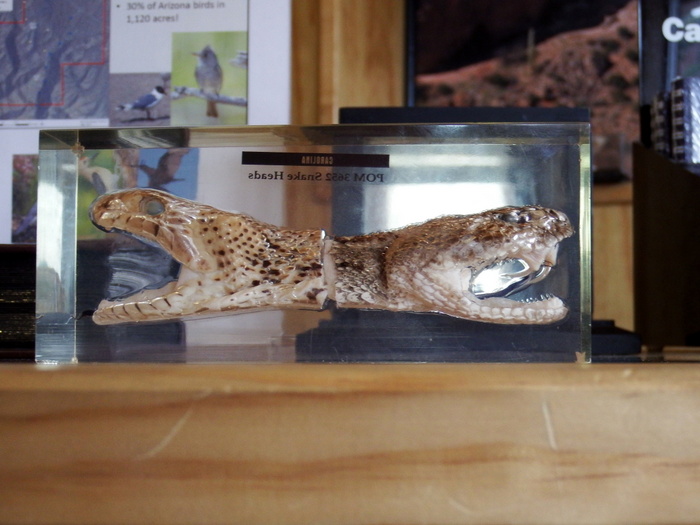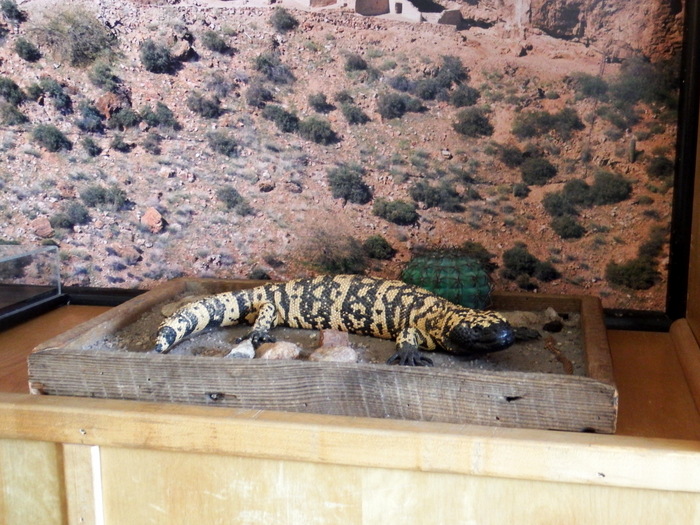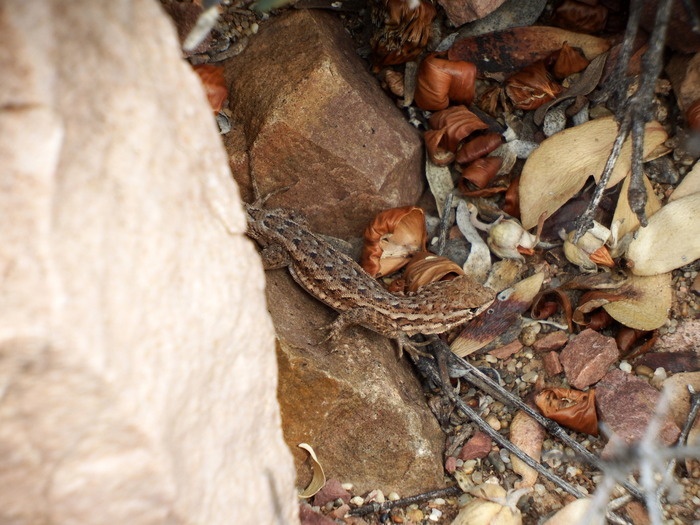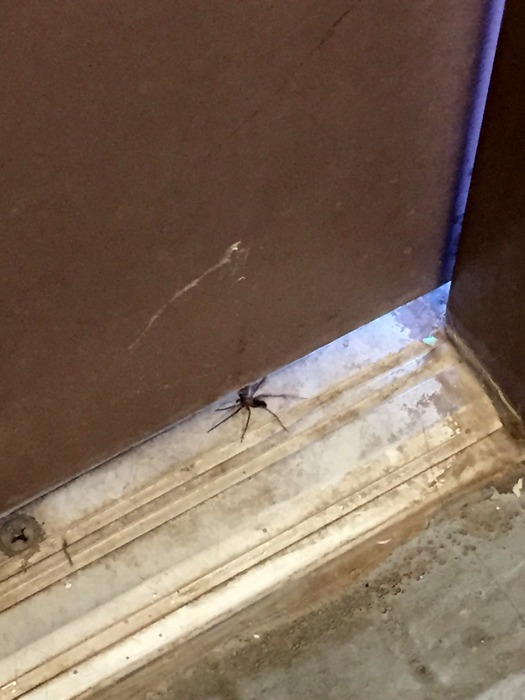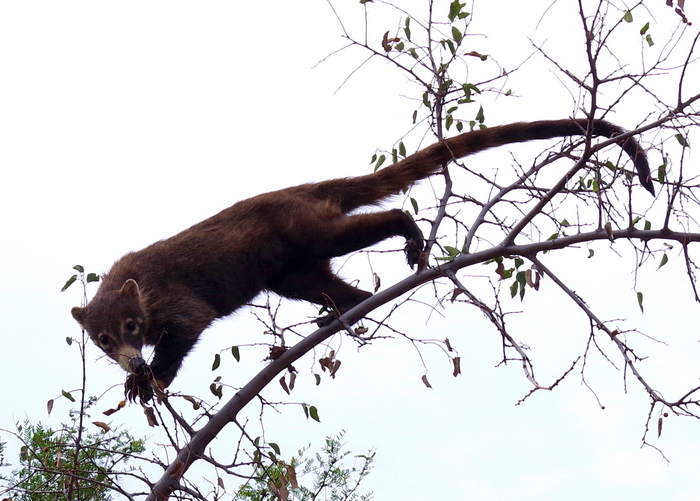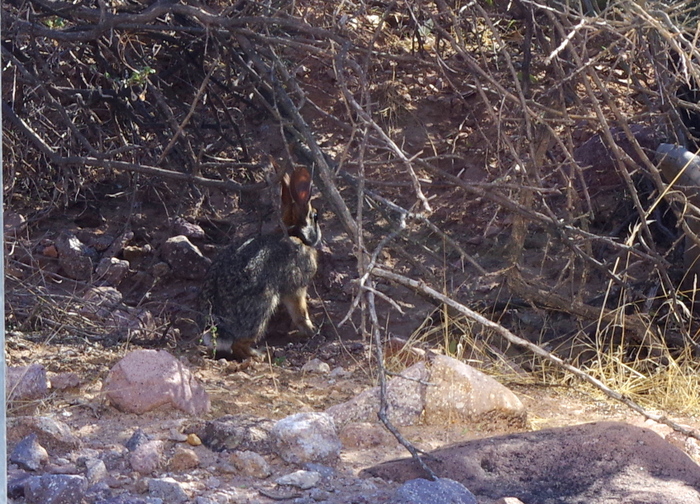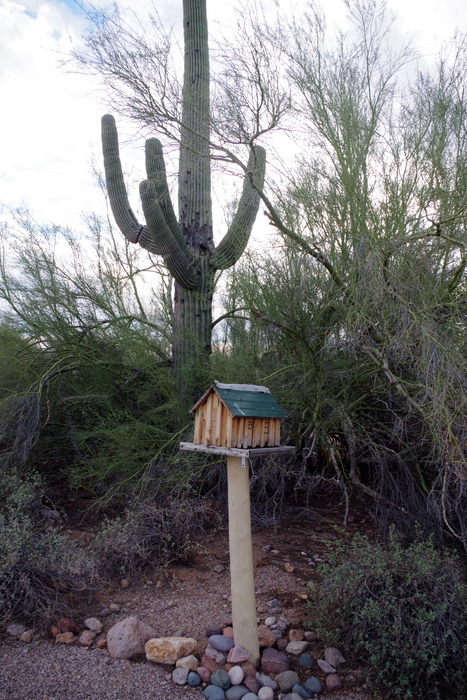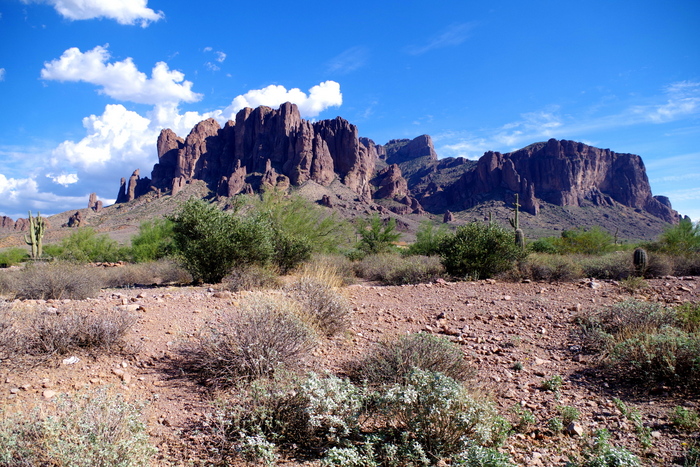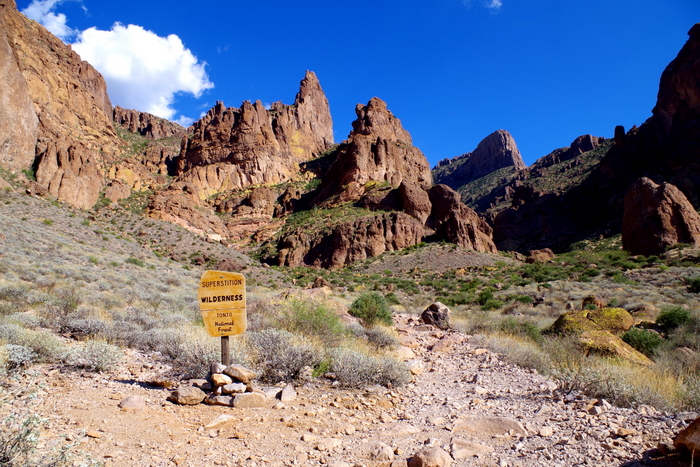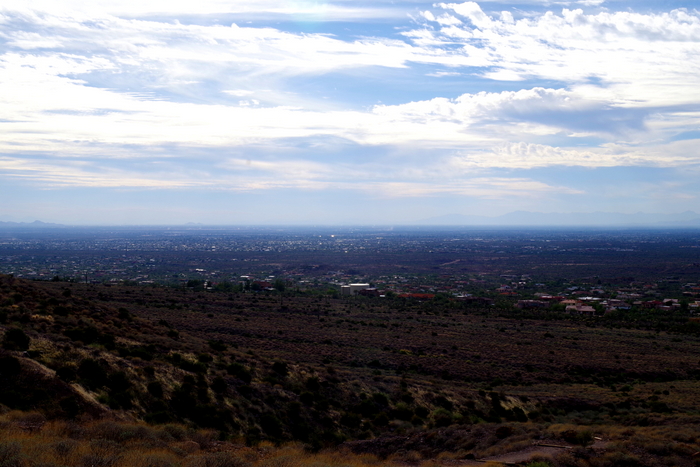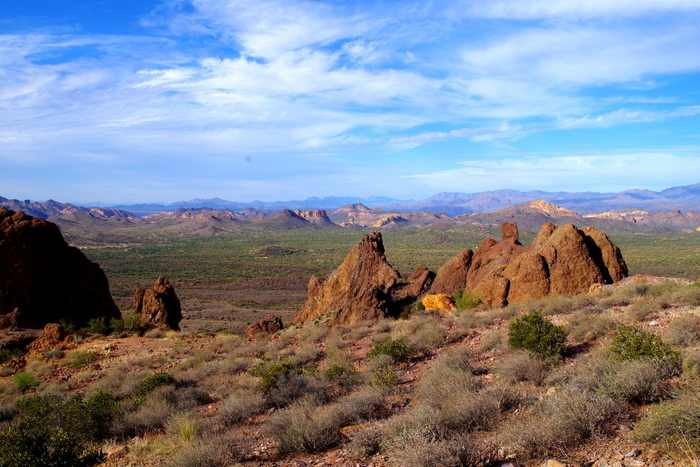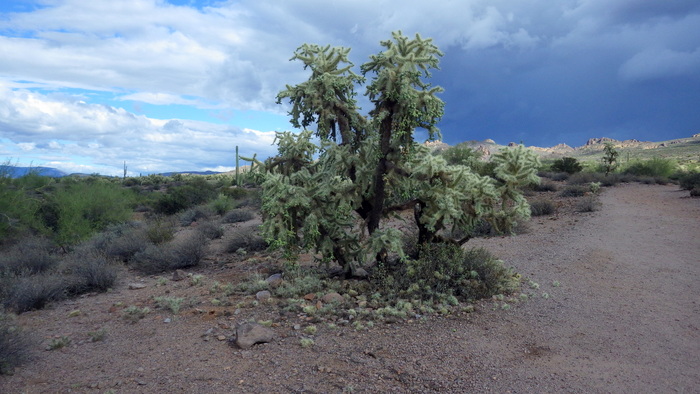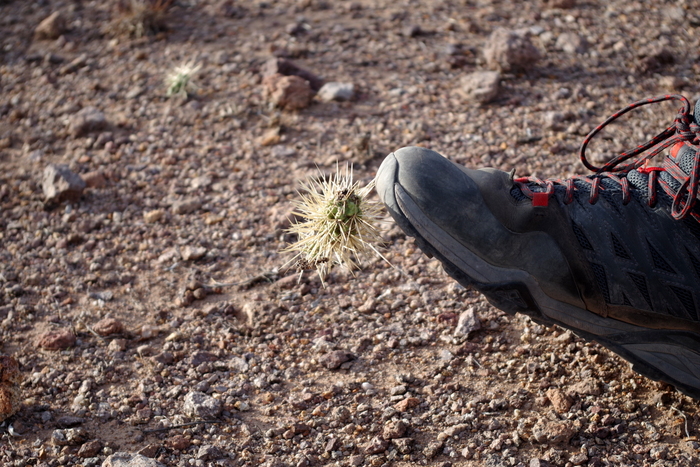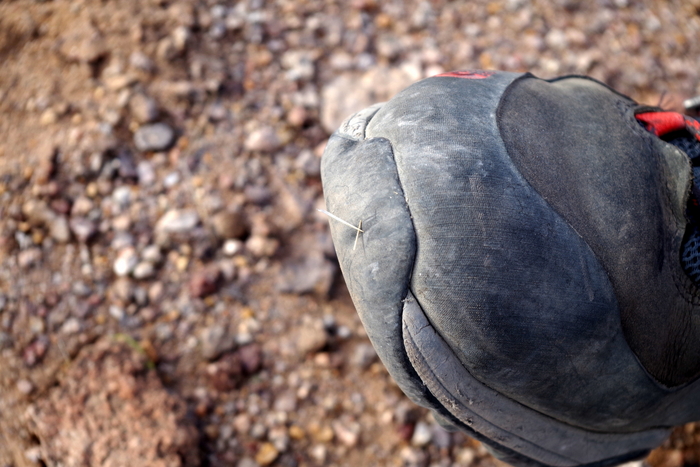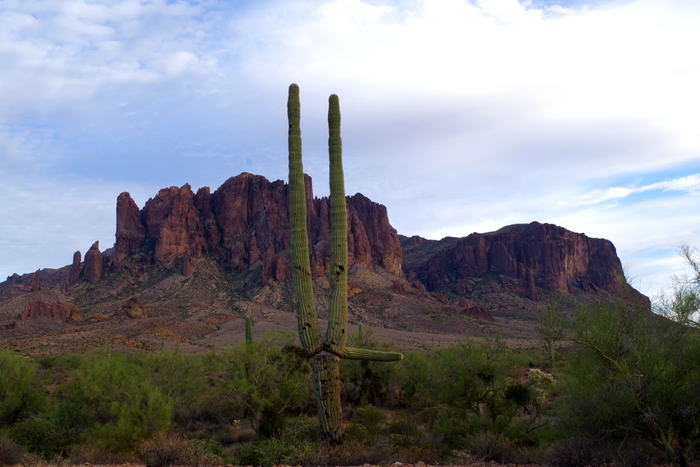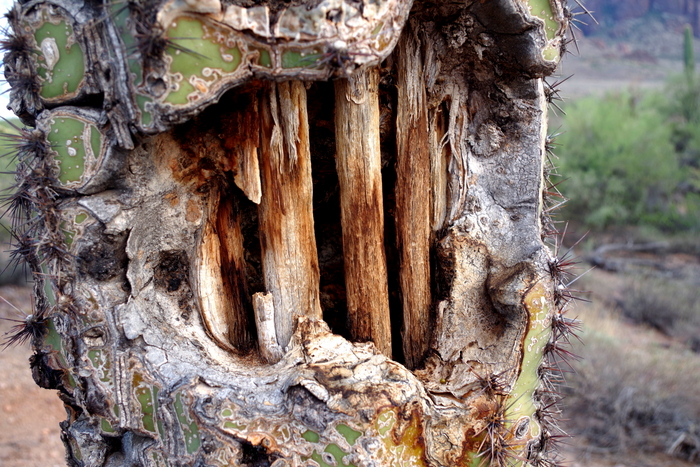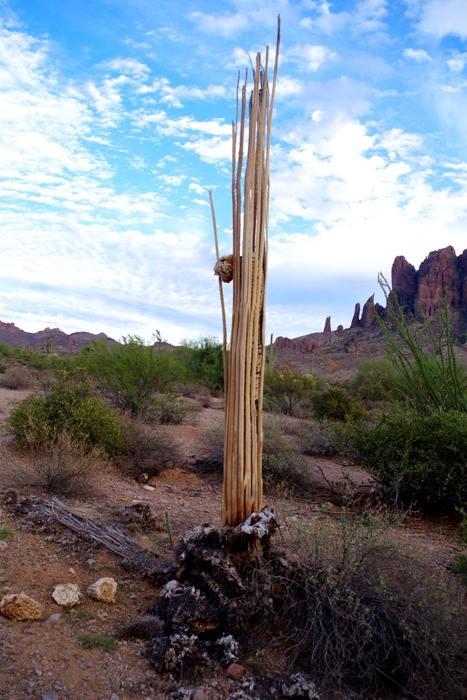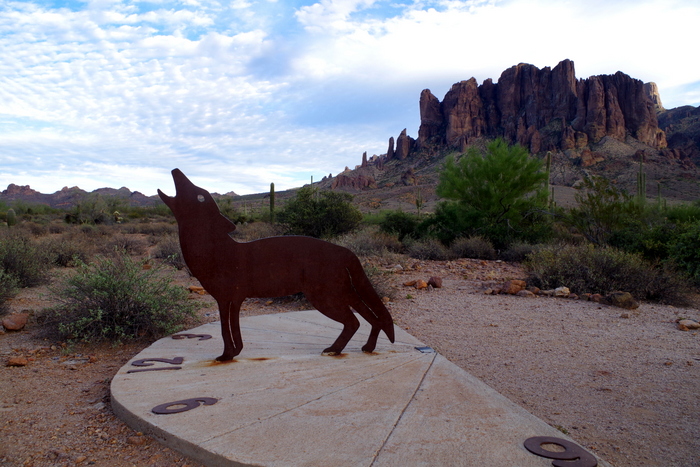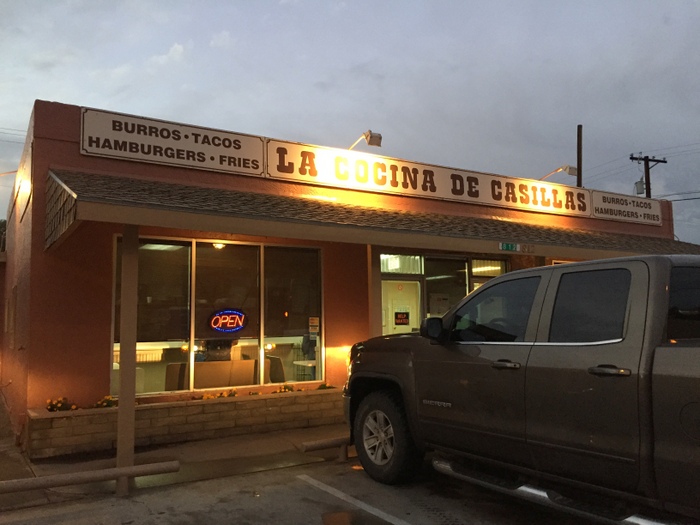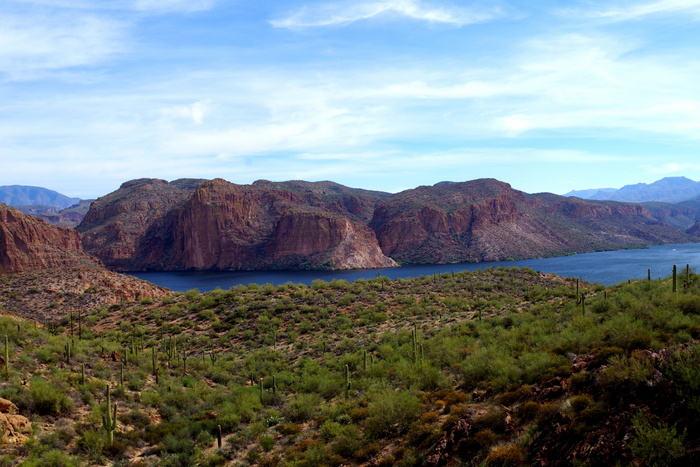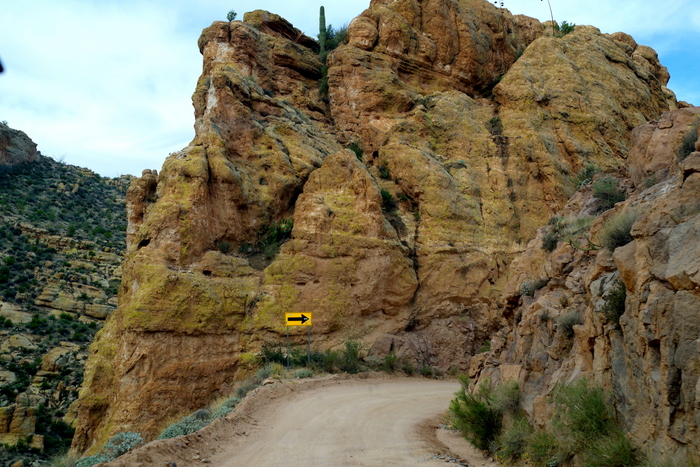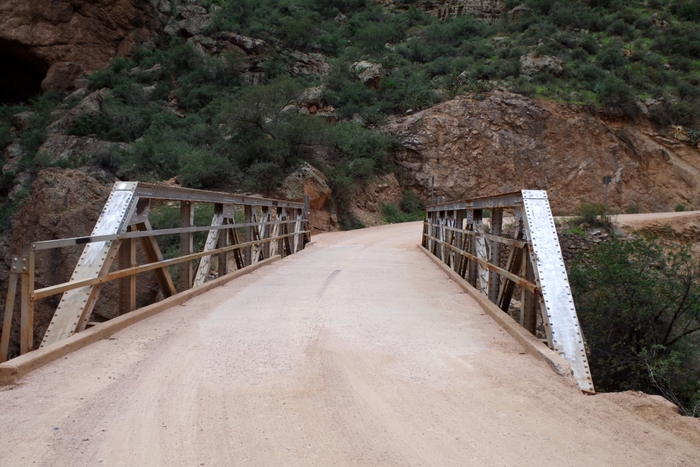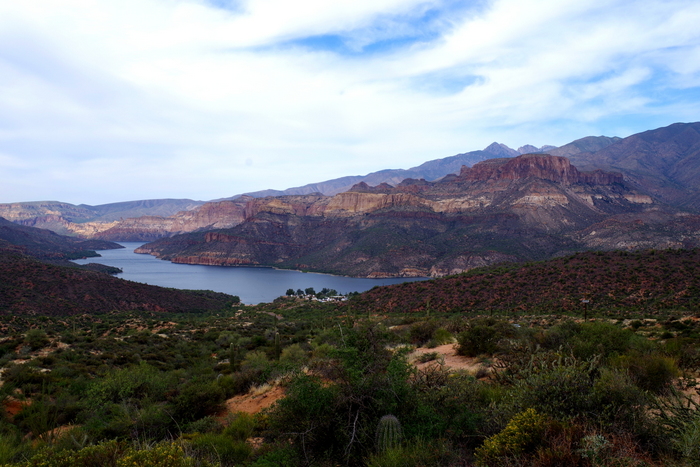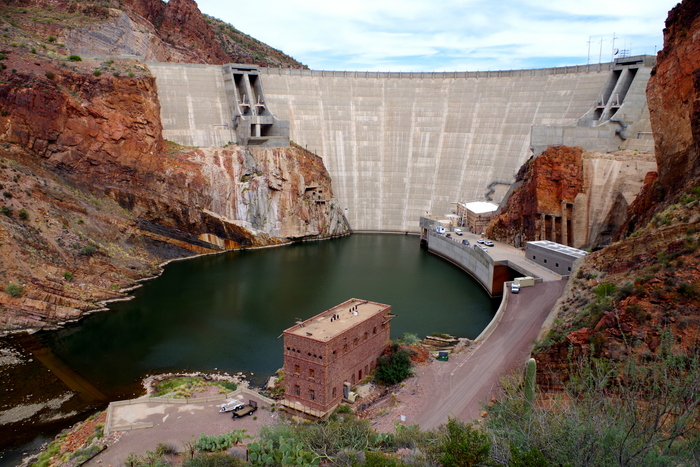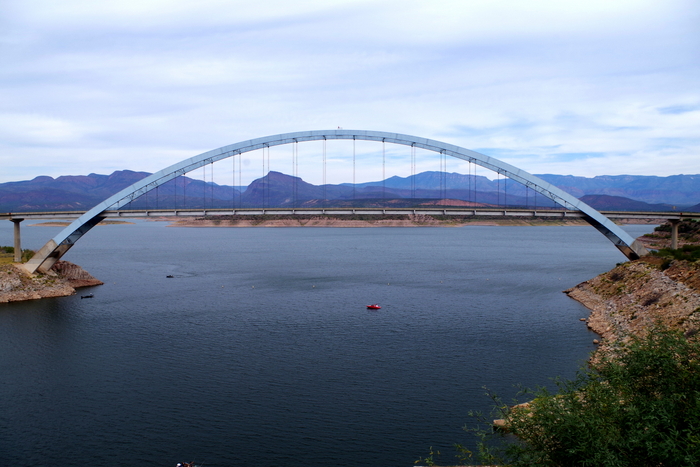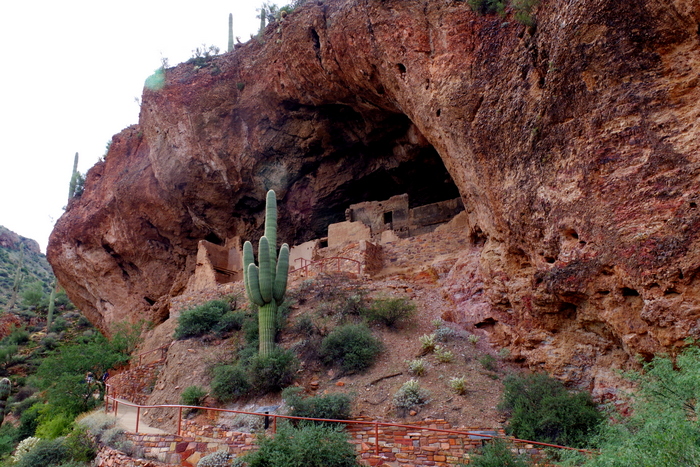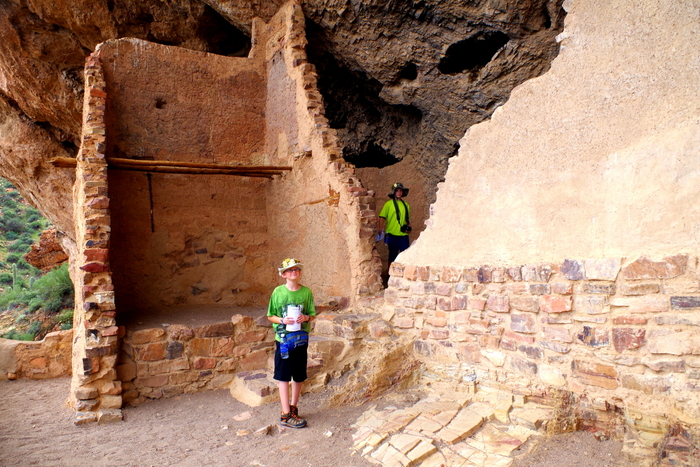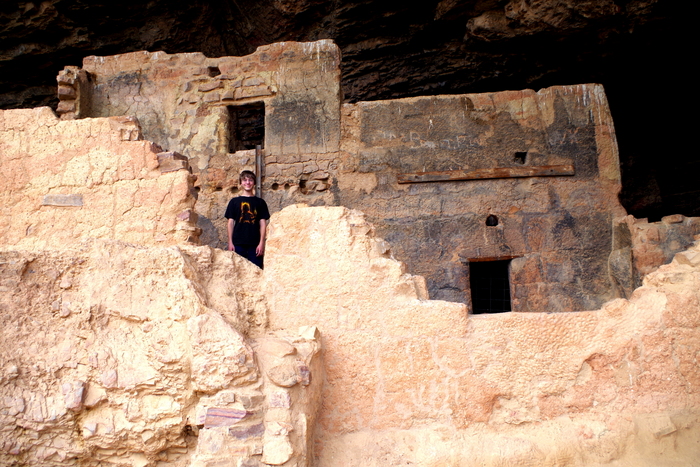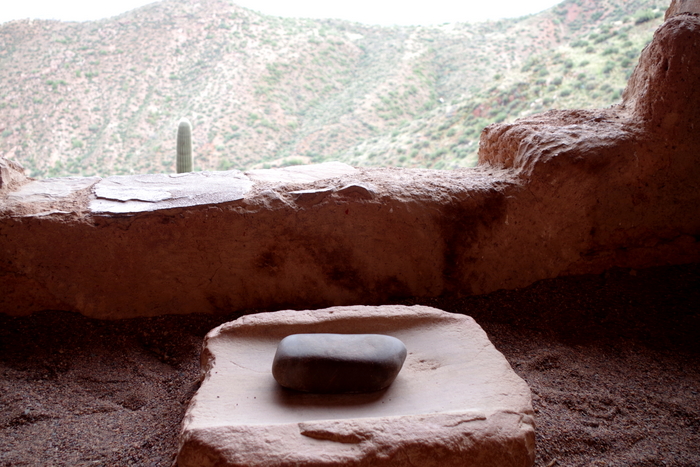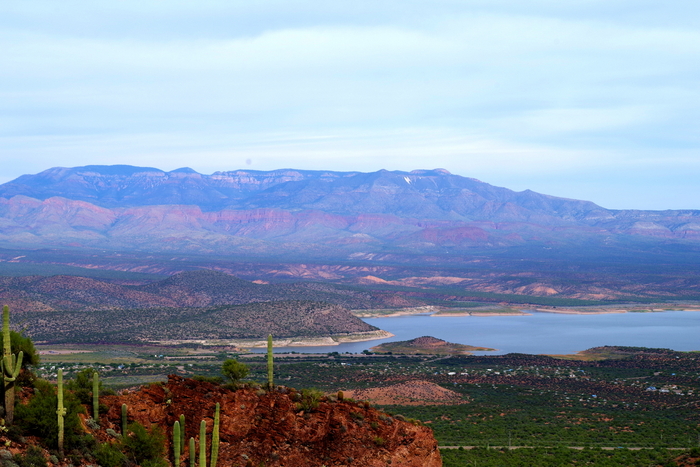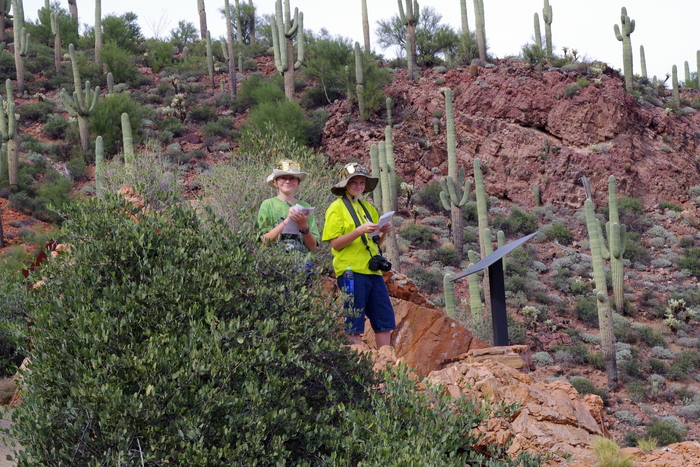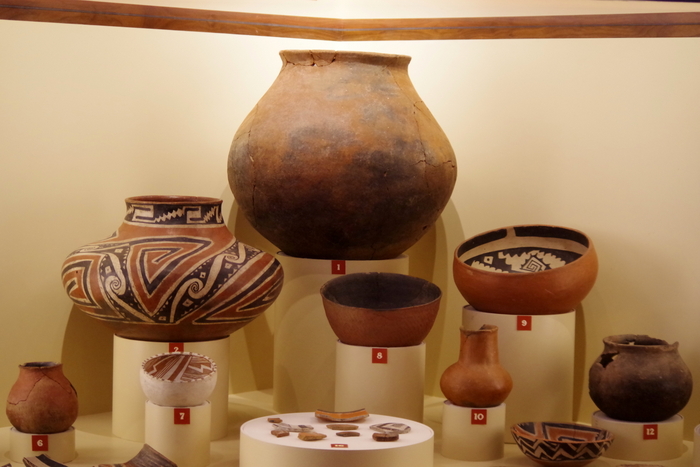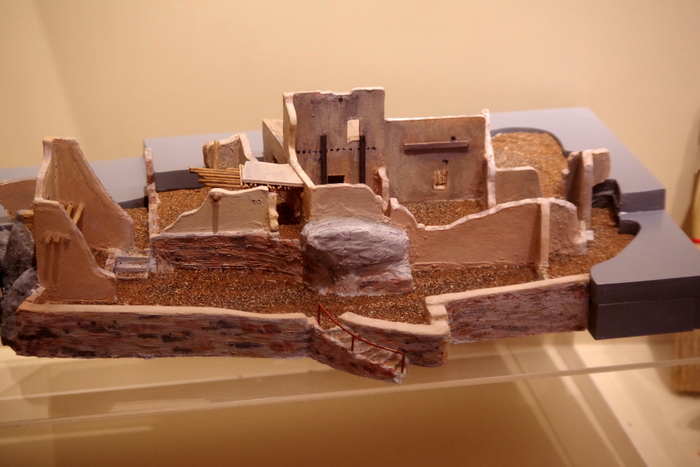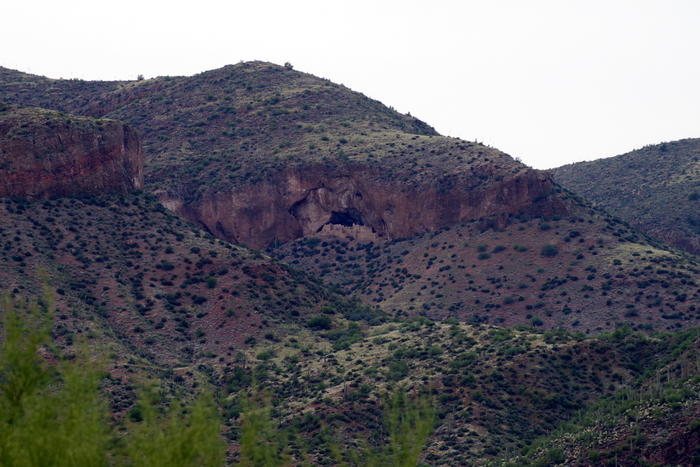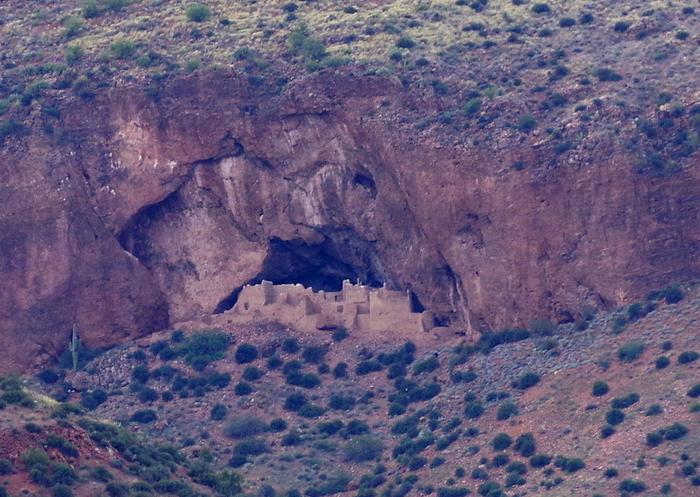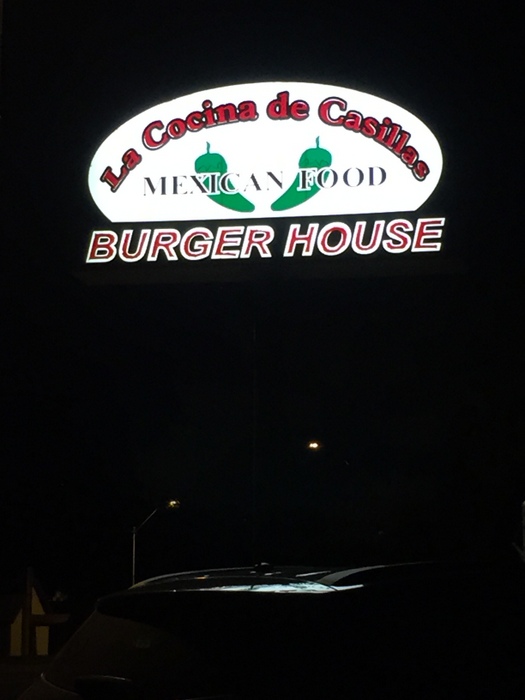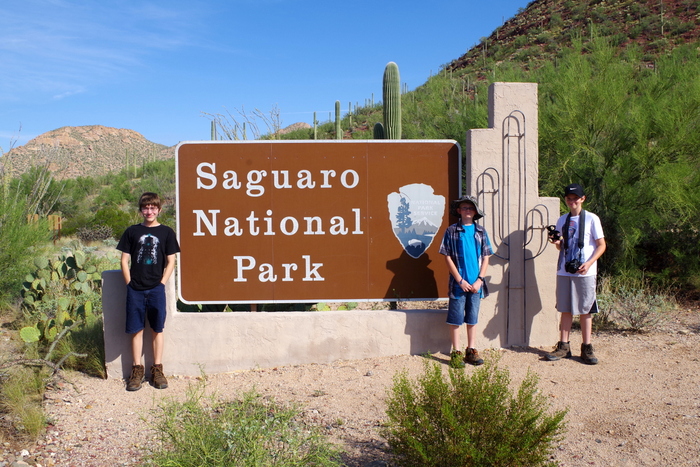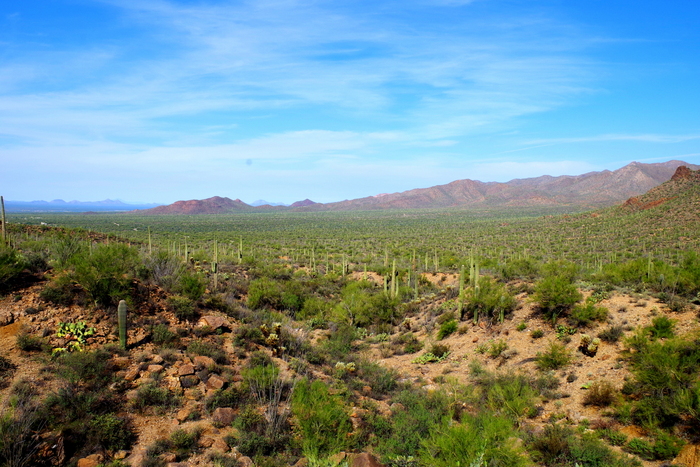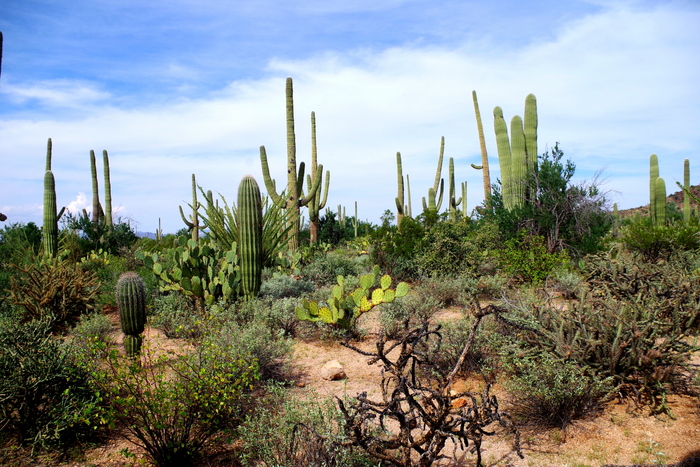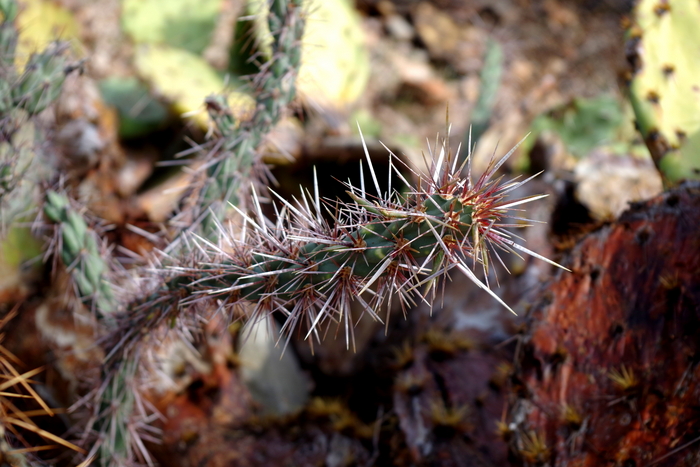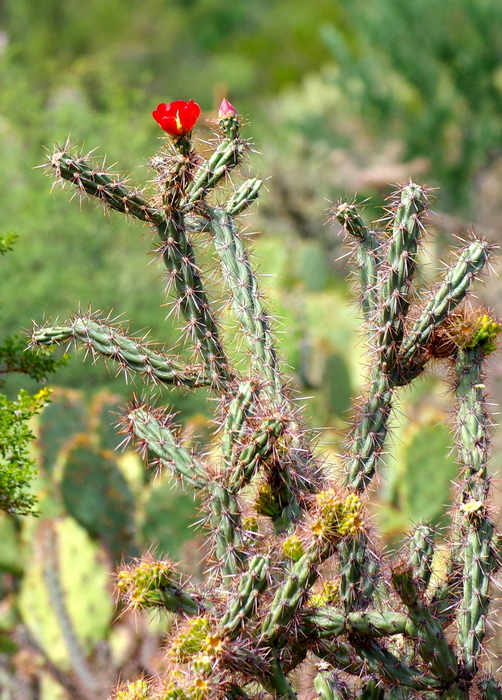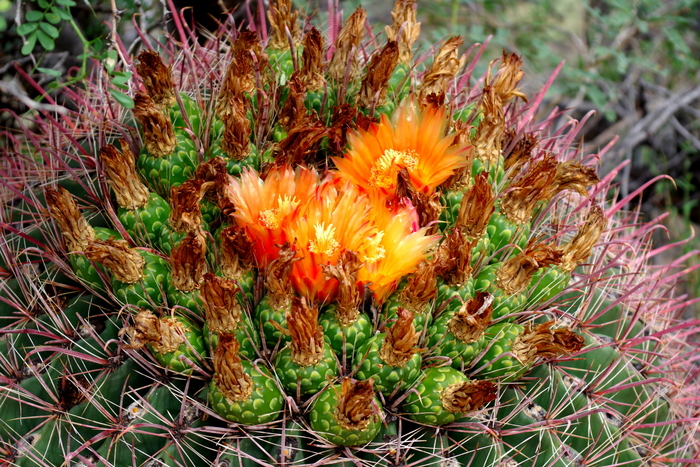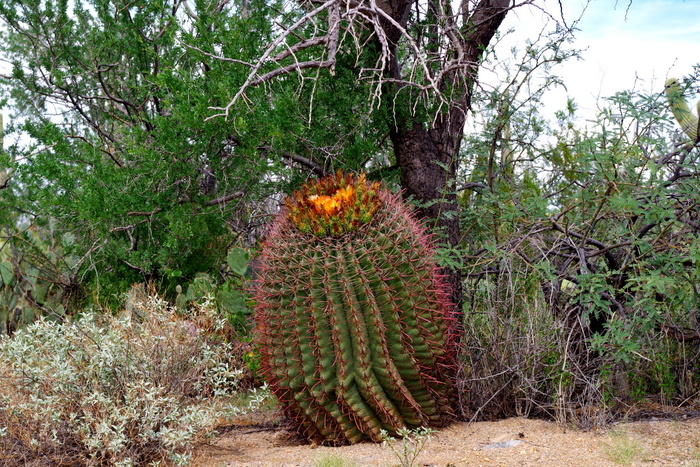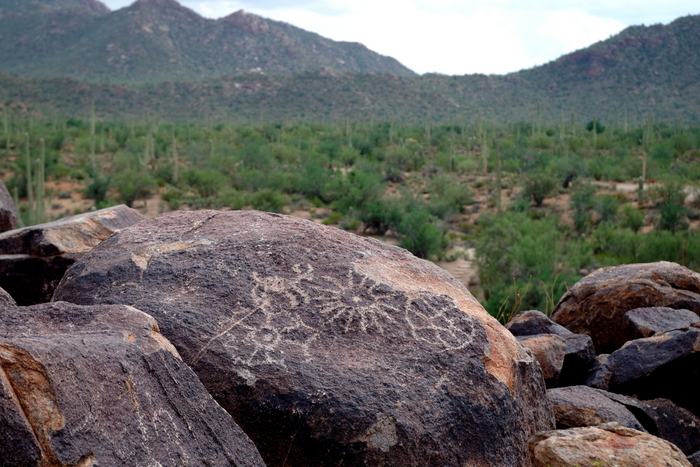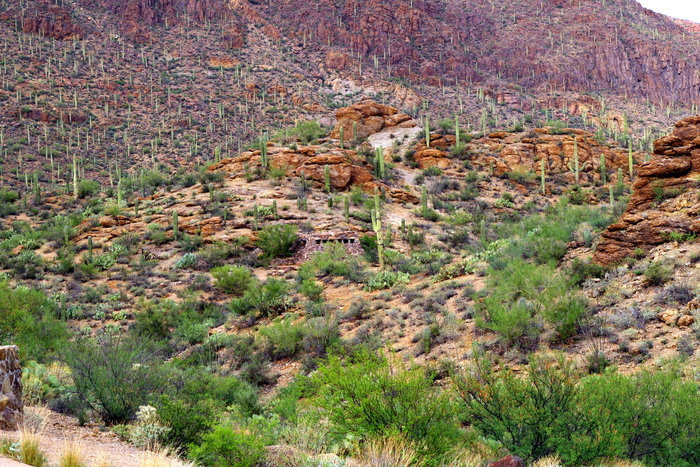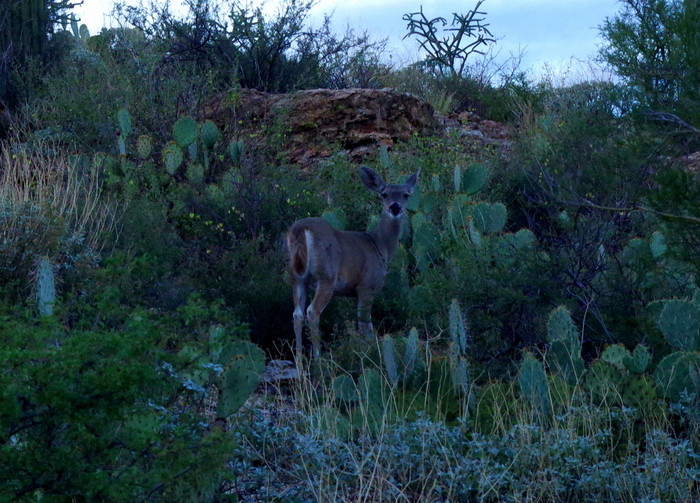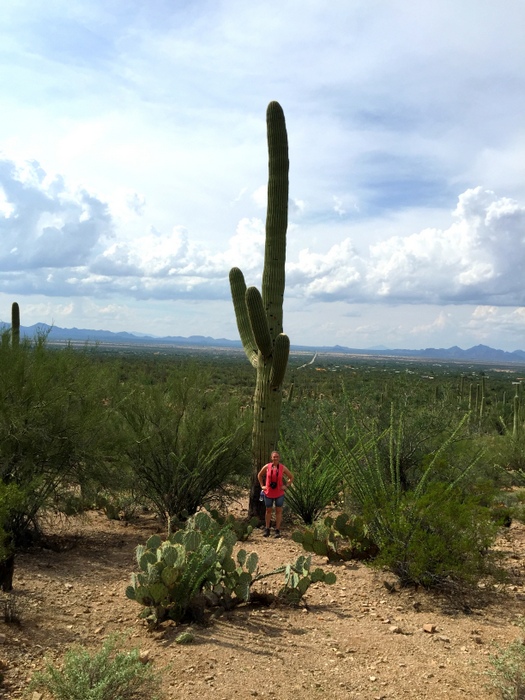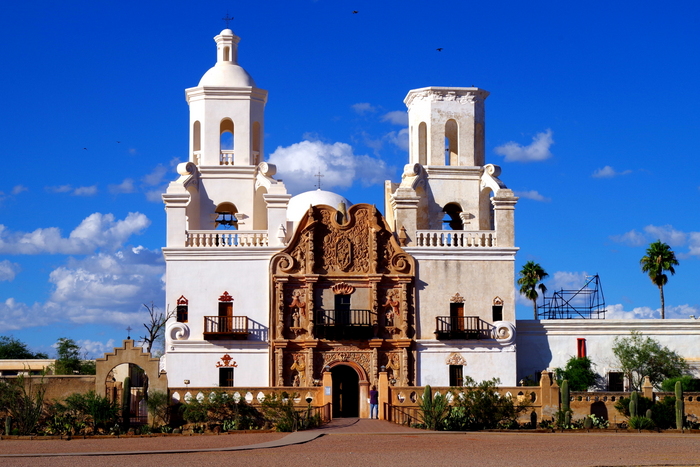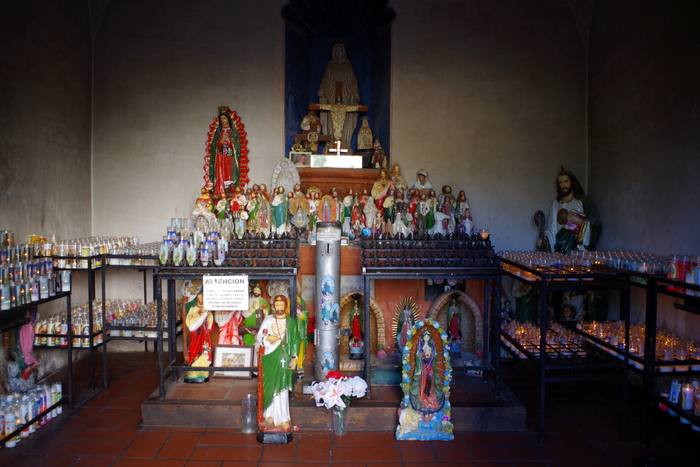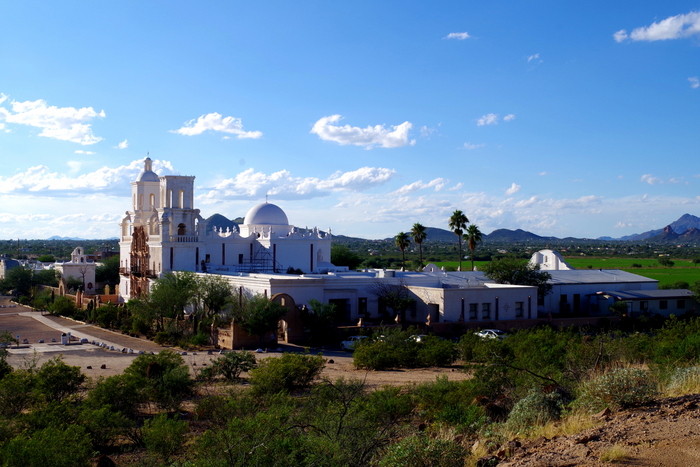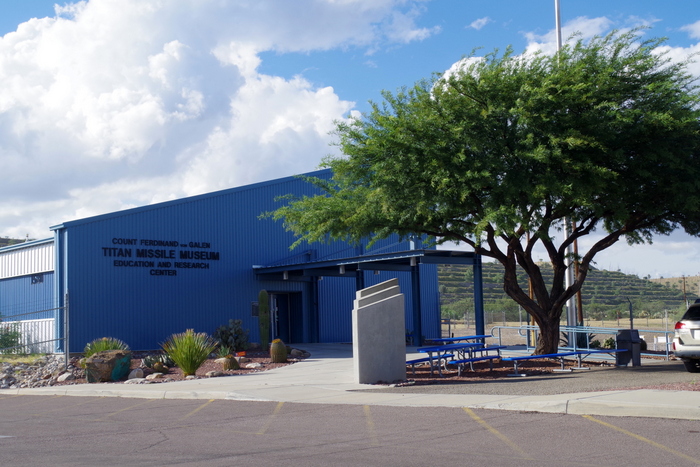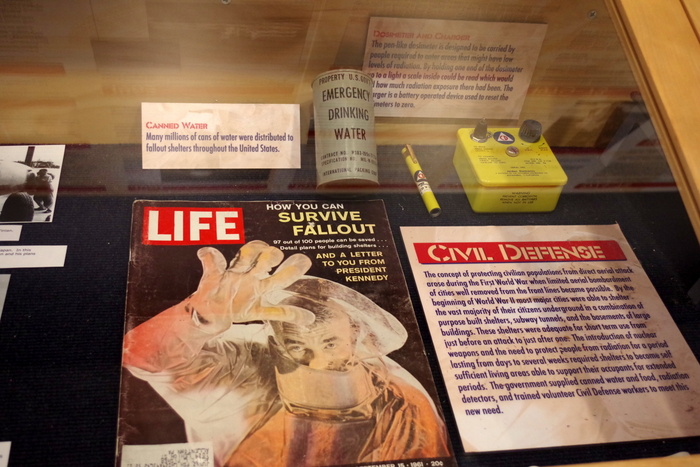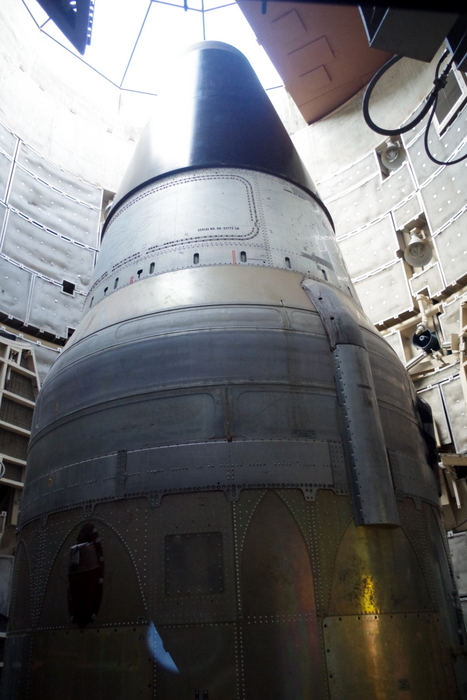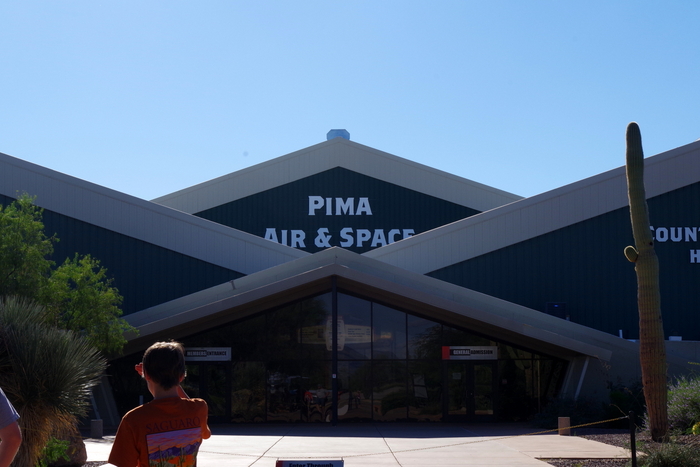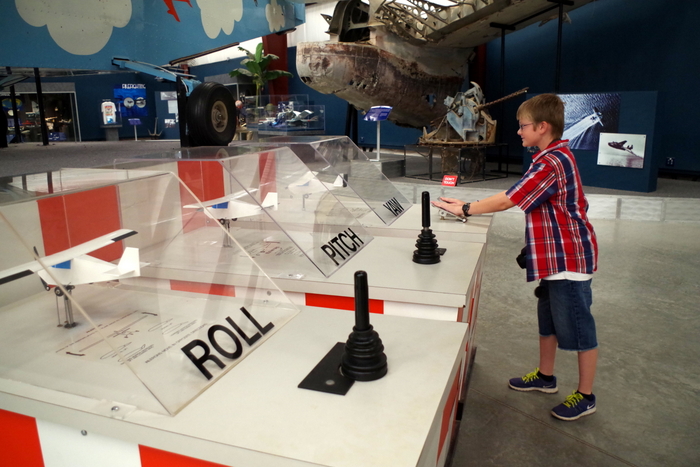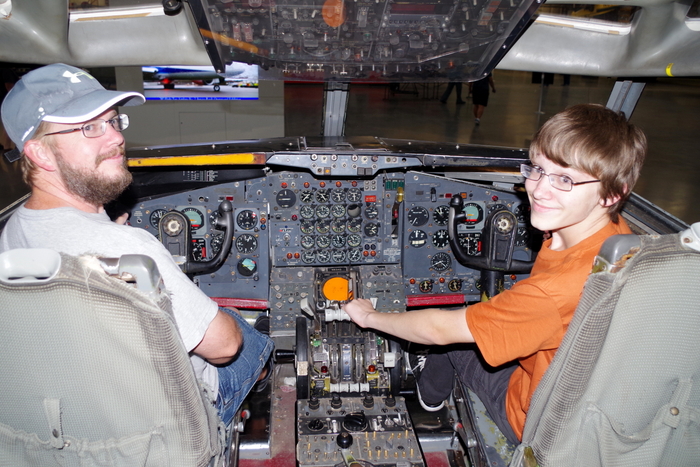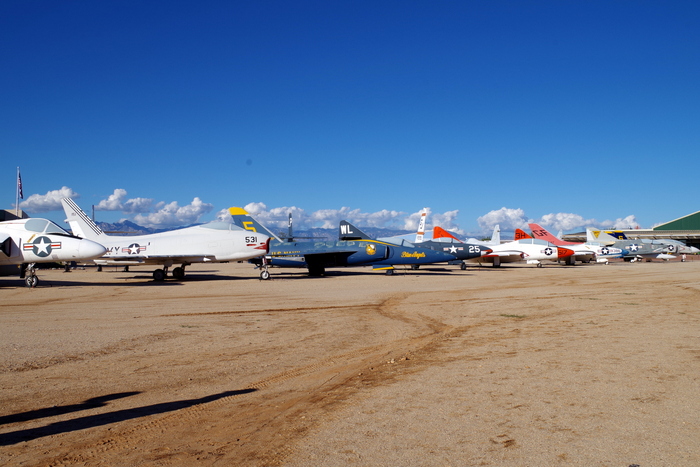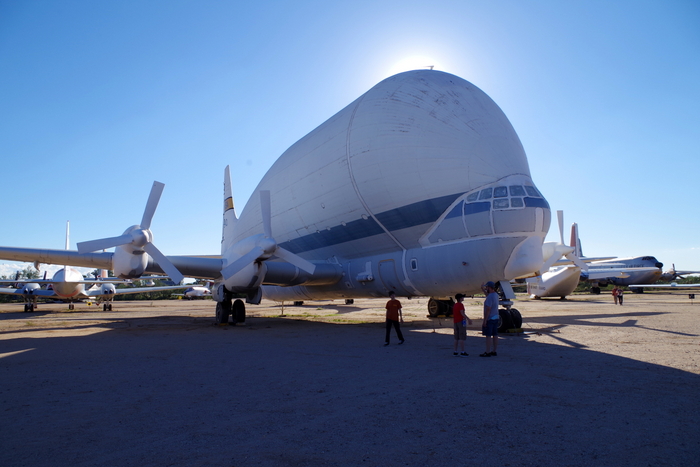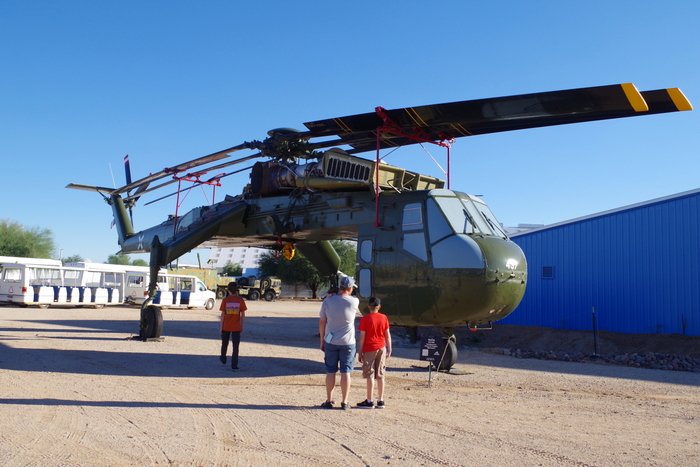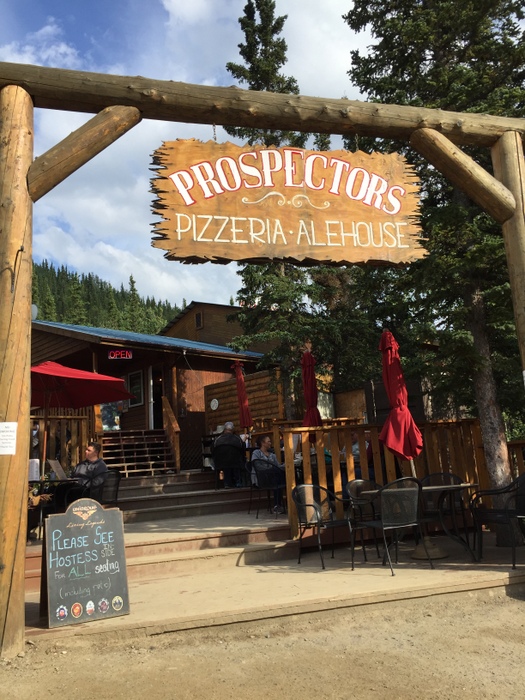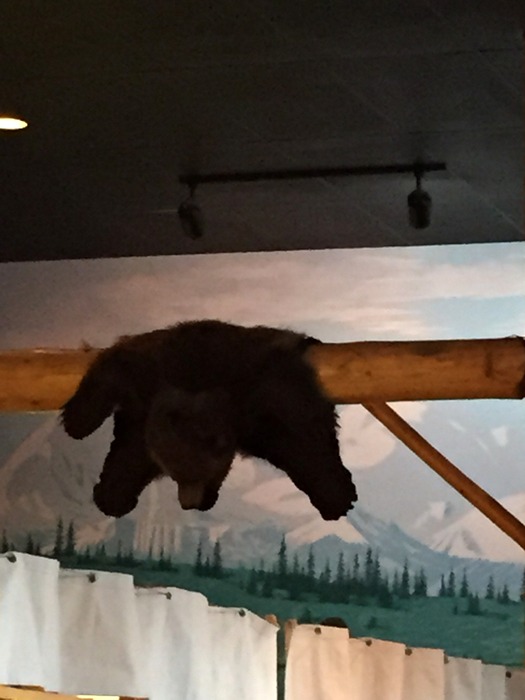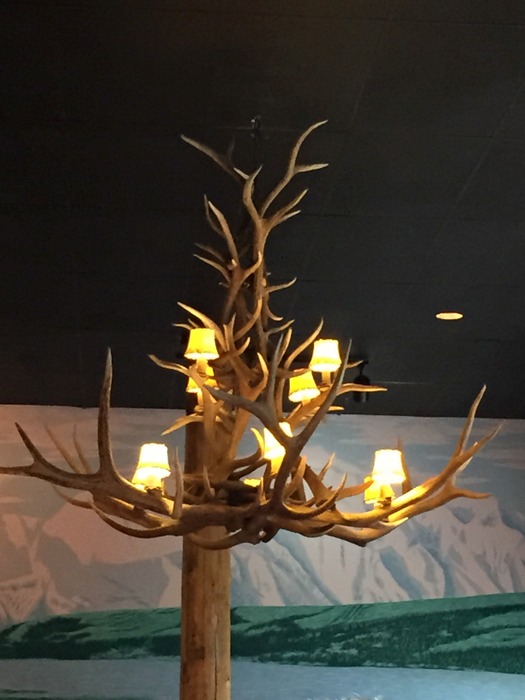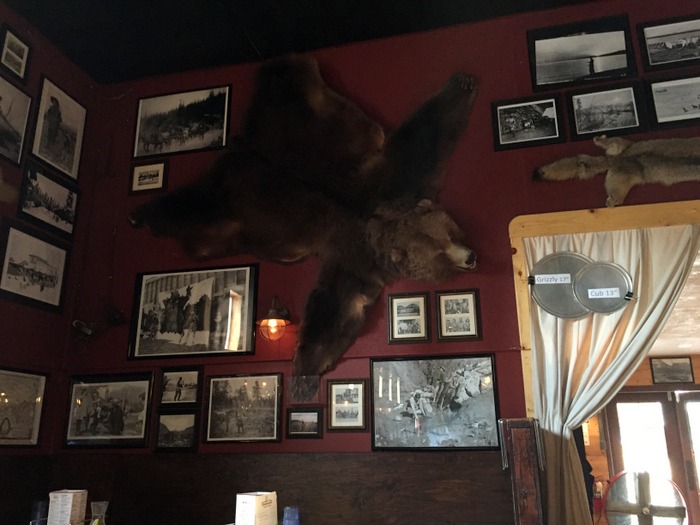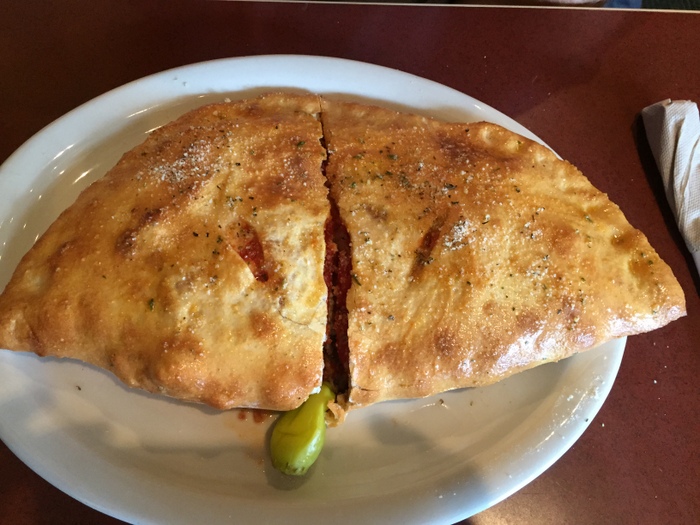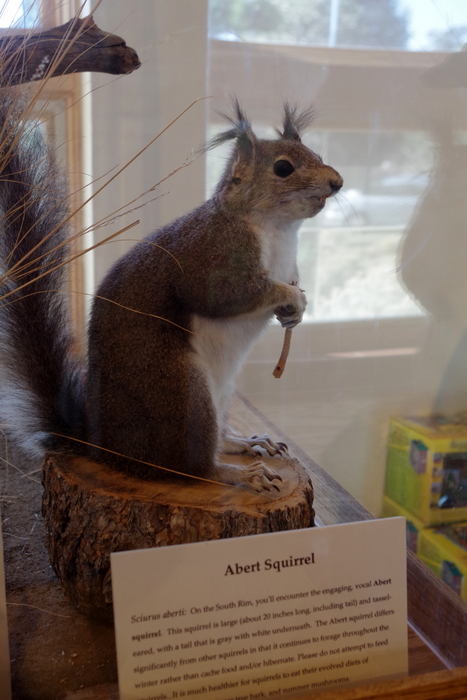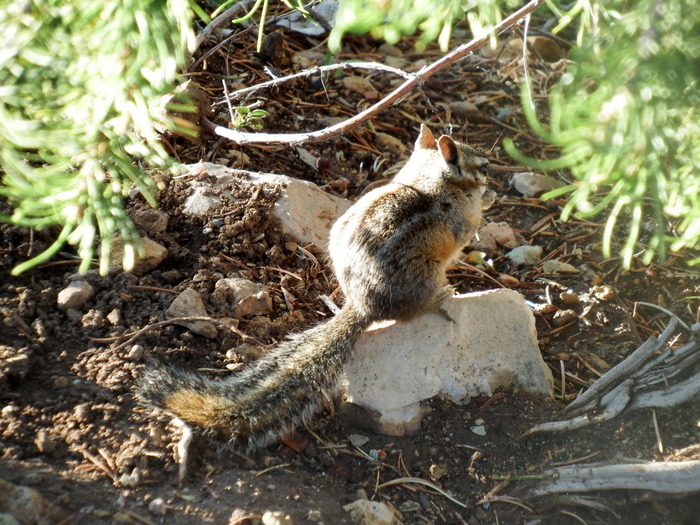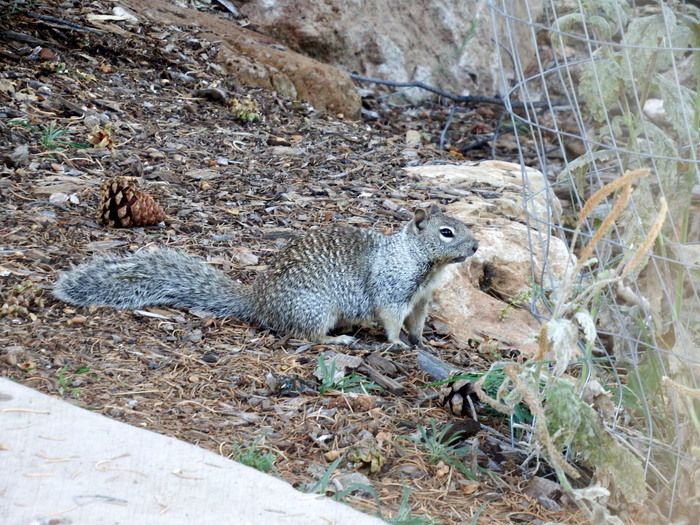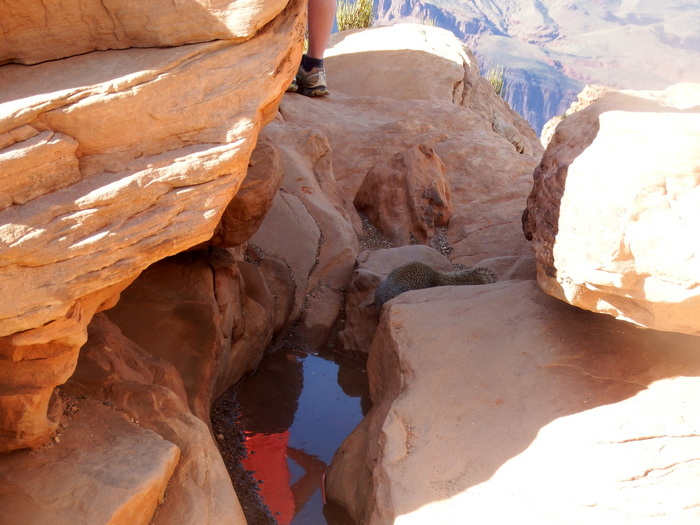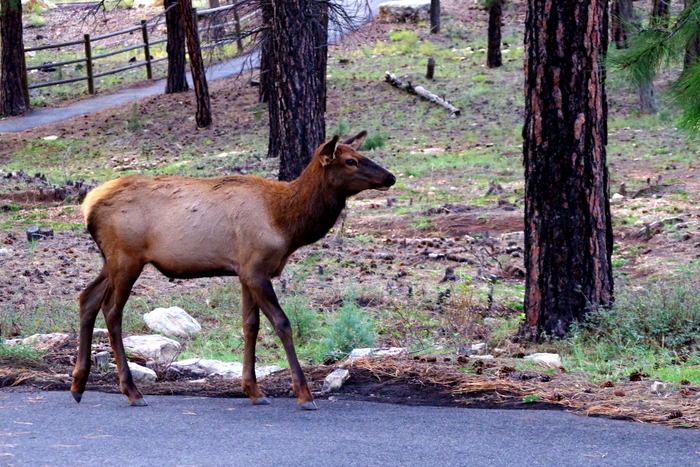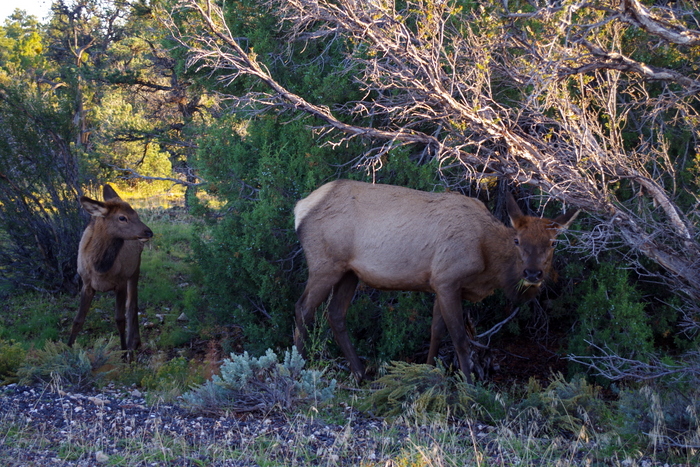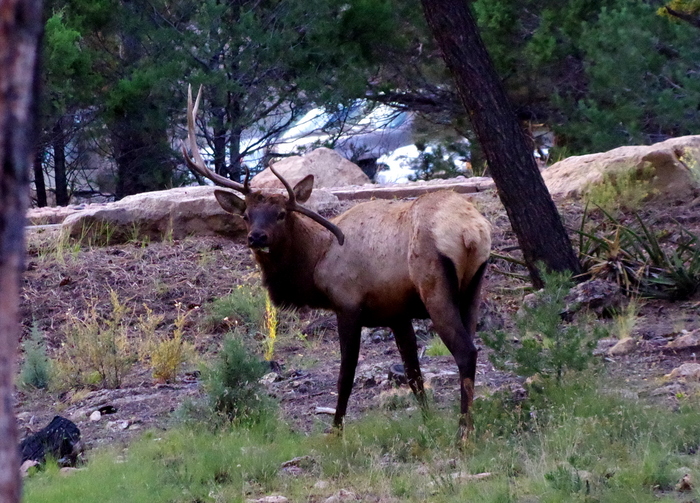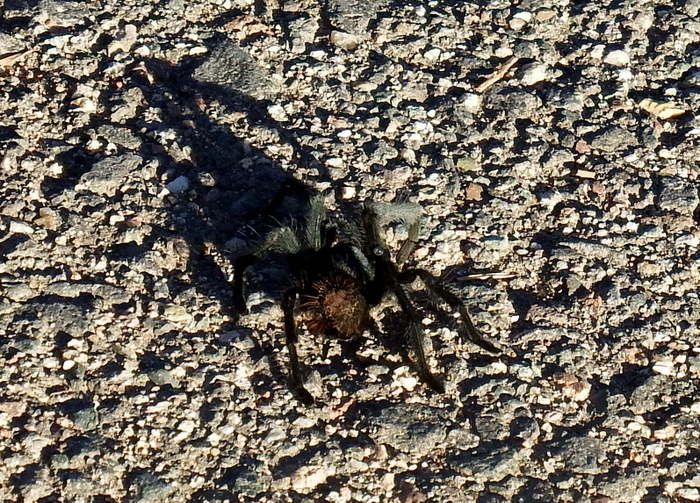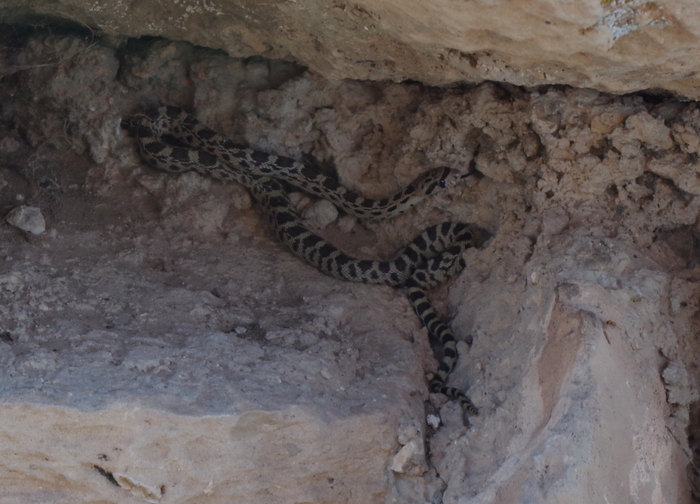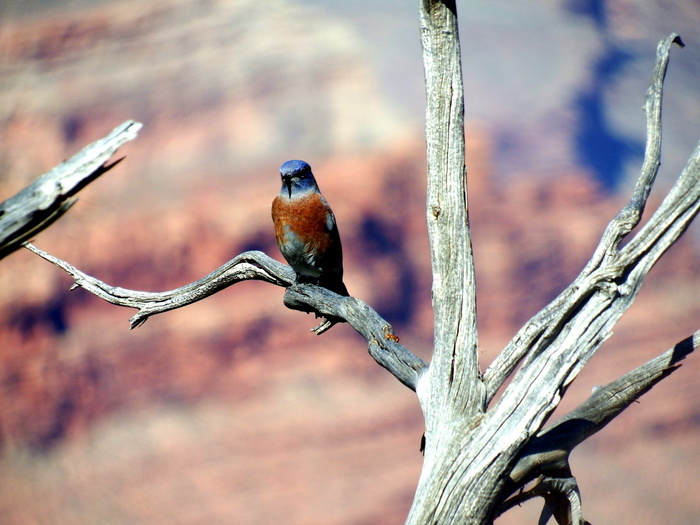We had originally intended to spend two weeks at the Grand Canyon National Park, but when we got to the RV park we’d planned on staying at, things changed. The park was a total dump and on top of that, Jerl didn’t have good enough cell service to work. We went in search of a new place and ended up staying at a much better place that was even closer to the GCNP, but it was twice the cost and we didn’t have full hookups. So, we changed our plans and only stayed for one week then headed south to Williams, AZ which is about half an hour outside of Flagstaff, AZ. The RV park in Williams was wonderful and the town is right on Route 66 so it’s got some nostalgia.
Since, we were leaving the GCNP a week early we had intended to take that week and get some work done, but then we found the Lowell Observatory and all of our work plans kind of just flew out the window. We ended up spending one entire day and then three evenings at the Lowell Observatory. Yes, we are those kinds of geeks.
The Lowell Observatory was started by a guy named Percival Lowell back in 1894 because he was convinced there were Martians on Mars. Percival was from one of, if not the, wealthiest families of that time. The whole family was made up of brainiacs who were known for spending their money on worthwhile endeavors. 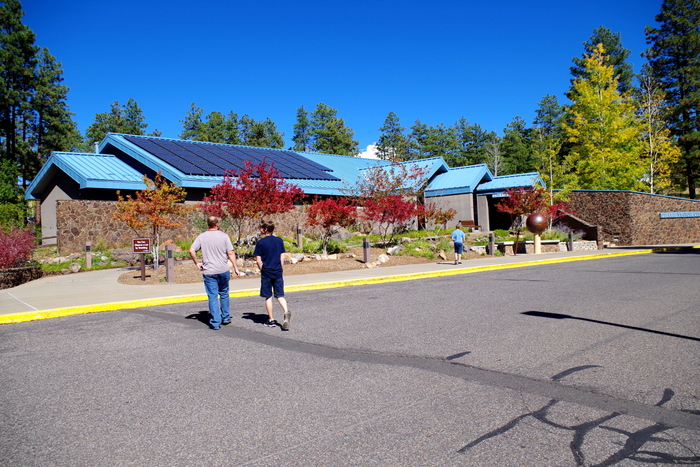
For those of you who don’t know, the Lowell Observatory is the place where Pluto was discovered by Clyde Tombaugh in 1930. With all of the recent Pluto pictures coming out from New Horizons…well, the staff at the Lowell Observatory were all extremely excited.
The first day we spent at the Lowell Observatory was during the daylight hours. You might not think there would be anything to do at an Observatory during the day, but there’s actually quite a bit! We started the day off by looking through a special telescope at the sun.
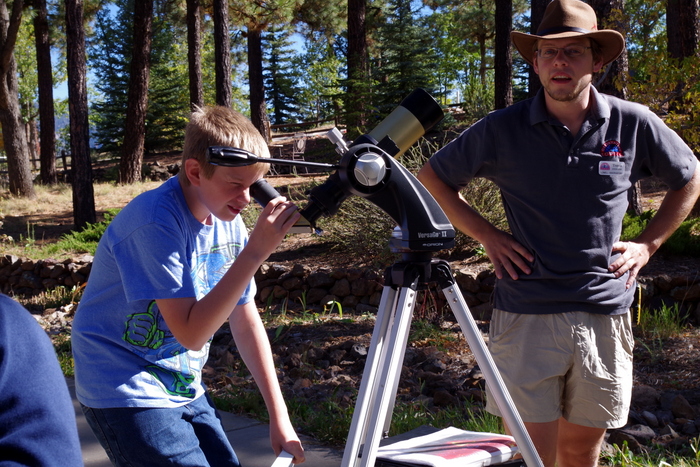
You can see The Dude and our guide, Travis, in the picture above. We all had a few chances to look at the sun and a huge prominence that was coming off the sun at that moment.
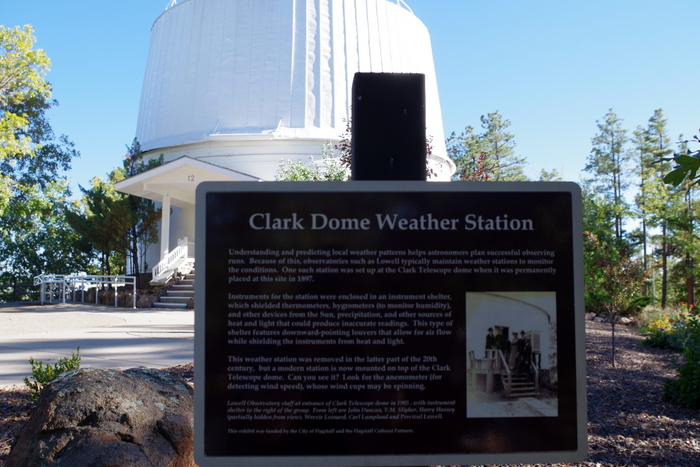
We spent time walking around and looking at the different buildings. The Clark Dome just opened back up to the public a week and a half before our visit. It had been closed for renovations for over a year.
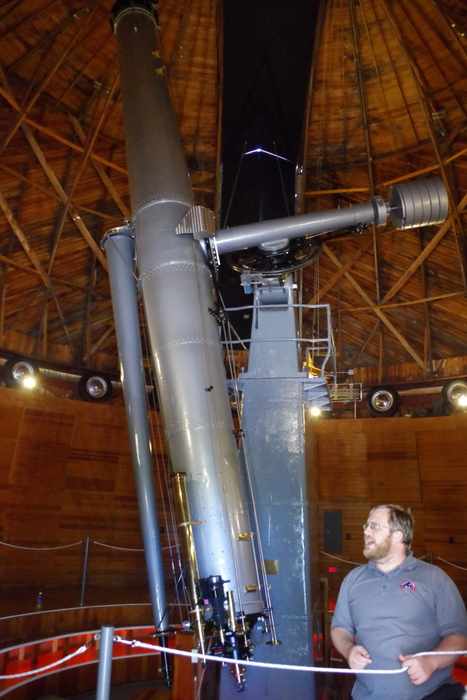
The Clark Telescope dome is the oldest standing building at the Lowell Observatory. The Clark Telescope was built in 1896 and was used to discover the first evidence of the expanding nature of the universe. It’s a pretty big deal. All of the scientists working at the Lowell Observatory were super excited about it. We got the chance to actually look through this telescope at one of the evening programs. We saw M2 through it. You don’t know what M2 is? Well, it’s the core of a galaxy that our galaxy absorbed. It was really amazing to see and…it was pretty.
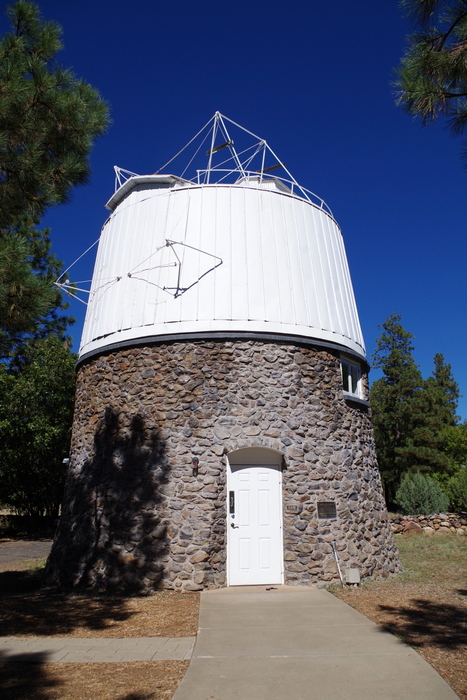
Because Pluto is such a big deal at this particular observatory and there’s been some really exciting developments with the New Horizons project, we learned quite a bit about Pluto. The Pluto Dome, in the picture above, houses the telescope used to discover Pluto. Now, what’s funny, is that the guy who found Pluto wasn’t actually employed as an astronomer. Nope, Clyde Tombaugh was actually on the grounds staff. When Percival Lowell decided to spend time finding Planet X, no one wanted to do it because it was such a tedious project and they thought it was kind of beneath them, so it got assigned to the “lower” staff. Clyde Tombaugh was a poor boy from Kansas who wanted to go to college to become an astronomer, but couldn’t afford it so he took a job at the Lowell Observatory in hopes of learning more. He found the work fascinating and spent as much time at night as he could searching. As you can imagine, once he found Pluto, he had offers from several colleges for a full ride. He ended up going and getting his Astronomy Degree then working at the Lowell Observatory as an Astronomer.
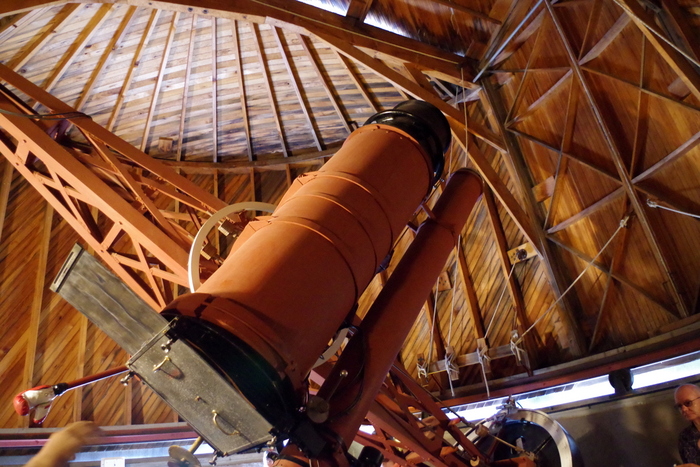
This is the astrograph telescope used to discover Pluto. An astrograph telescope is a type of telescope used exclusively to take pictures. You can see the big square at the bottom of the telescope where they would put the glass slides in.
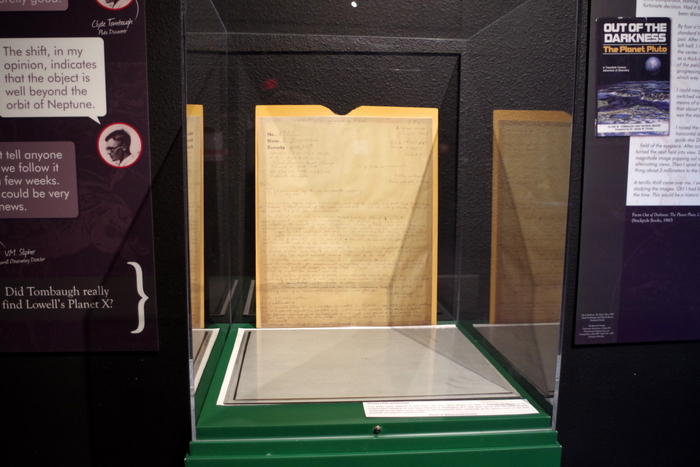
Finding a planet in this manner is painstaking work. You’re basically comparing little blips on glass plates to see if they’ve moved. In the picture above, you’ll see one of the two glass plates used to confirm the discovery of Pluto. Since planets move and stars don’t, these plates allowed Tombaugh to see the slight movement of Planet X (Pluto) when compared to the background stars. Some of Tombaugh’s ashes were placed in a little container on the New Horizons space probe and when New Horizons passed by Pluto…well, the guy who discovered the planet was the first to go there.
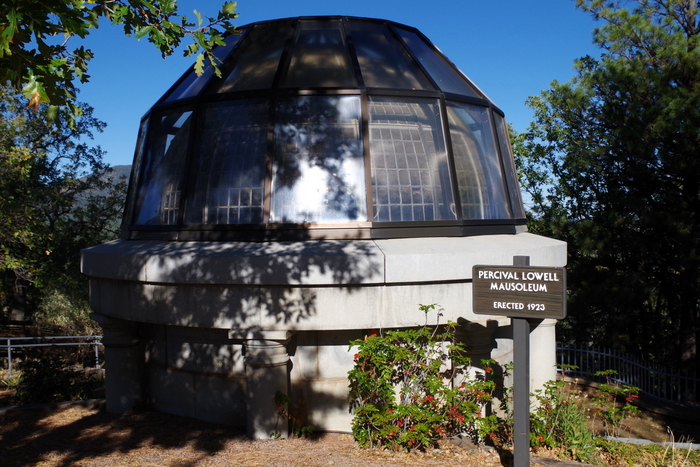
Percival Lowell was so passionate about his work in astronomy, his mausoleum is on the grounds right next to the Clark Dome. Notice the glass dome on the mausoleum? Someone said that’s so he can always see the stars.
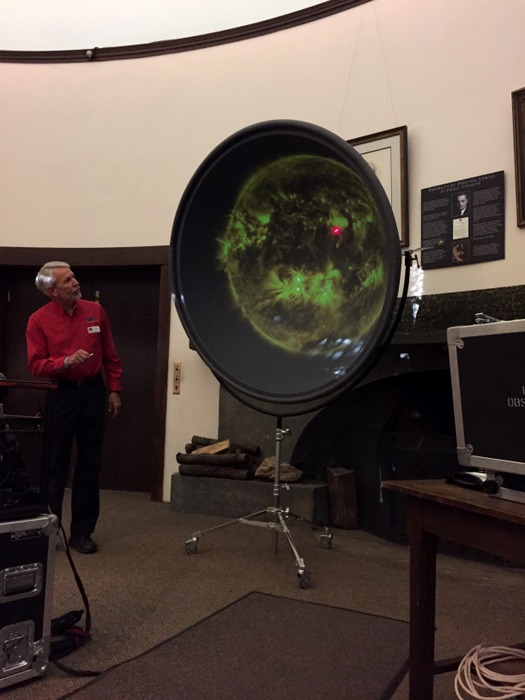
We ended up going back three nights in a row because we didn’t want to miss any of the lectures. We had a couple of favorites. In the picture above you can see part of the Cosmic Zoom lecture where we got a virtual tour of our solar system and the universe. This guy (in the red shirt) was great! He kept it flowing and entertaining. And the projector they used was super cool!

Our little geeks were completely absorbed with the lectures.

We also heard the Sky Tonight lecture. It was with a different guy…who wasn’t quite as good. But the material was still interesting.
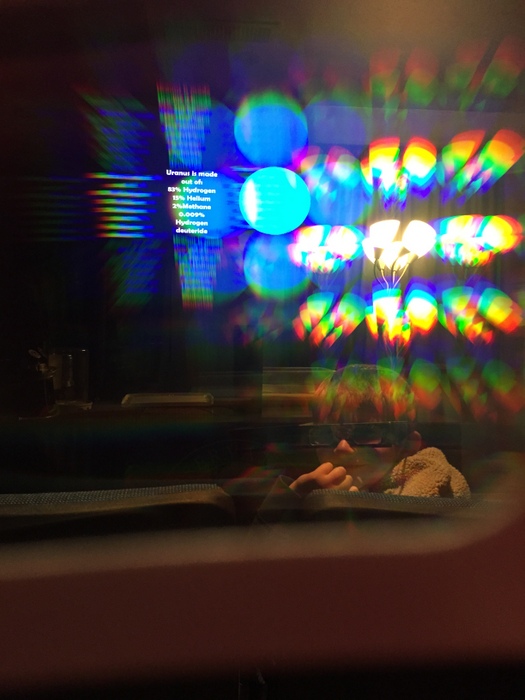
There was a section of the night where they did some science experiments. We got to look at some pretty spectrum lights through some special glasses. I could’ve spent a long time looking at the different gasses through the spectrometer. Each gas had a different color range that showed up. I didn’t get any pics because the lights were all out and I didn’t want to be that lady.
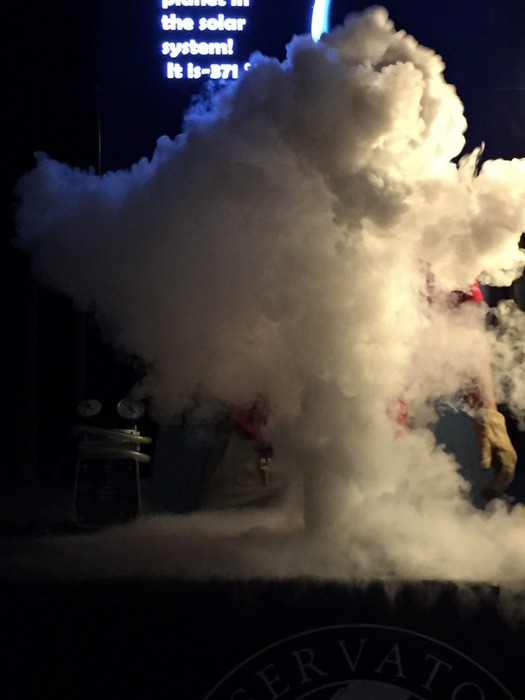
This experiment was probably the boys’ favorite. Liquid Nitrogen is always fun. All of the experiments were great and they did a wonderful job explaining space in terms kids could easily understand at any age.
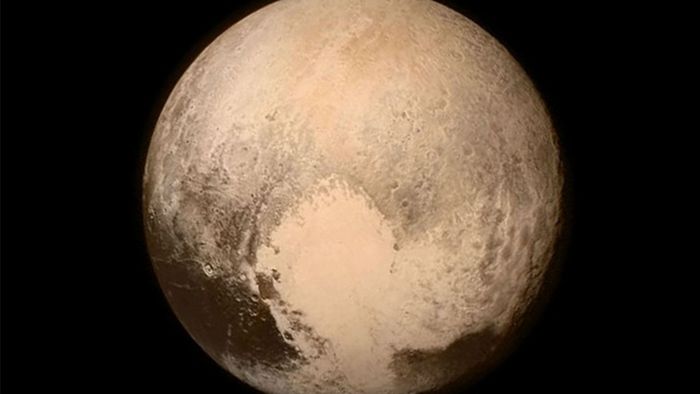
We did make it to the Pluto & NASA’s New Horizons lecture. Kelly, the lecturer, was really knowledgeable and extremely passionate about Pluto. She did a great job at keeping it entertaining. We got to see some very amazing photos of Pluto. In the picture above, you can see what they’re calling The Heart. What’s super amazing is that the surface of Pluto is still alive. It’s still changing and moving! Very exciting!
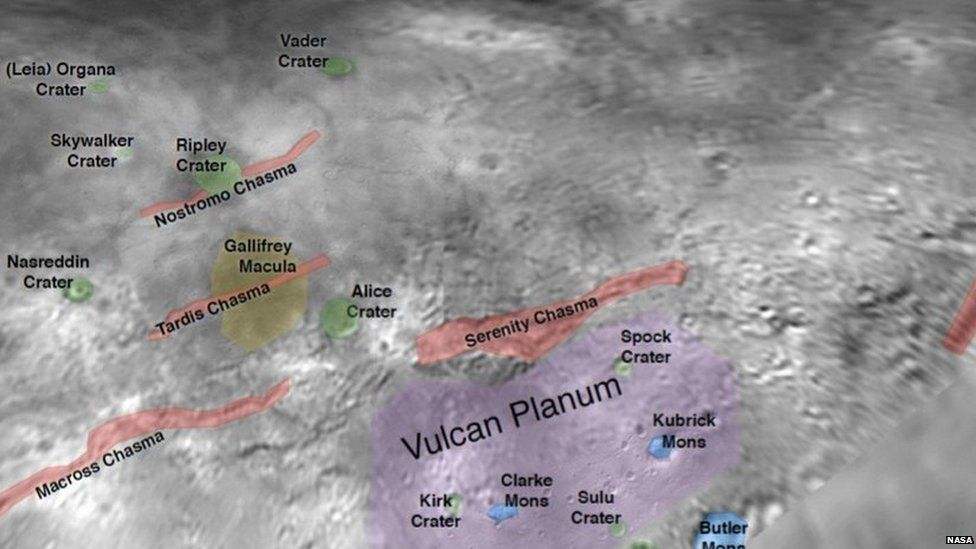
There’s been a naming frenzy going on now that scientist have been able to really get a good look at Pluto and some of it’s moons. I pulled the picture above off the internet so you can see some names that have been unofficially chosen for some of Charon’s craters, plains, and chasms. For those of you who don’t know, Charon is Pluto’s biggest moon. My personal favorites are Tardis Chasma, Gallifrey Macula, and Vader Crater. There’s a large dark feature on Pluto that’s being called Balrog. None of these names are official, but it’s fun for right now. The IAU will eventually officially name everything, but maybe some of these names will stick. Don’t worry, I won’t totally geek out on you. I’ll leave the lecturing to the pros at the Lowell Observatory.
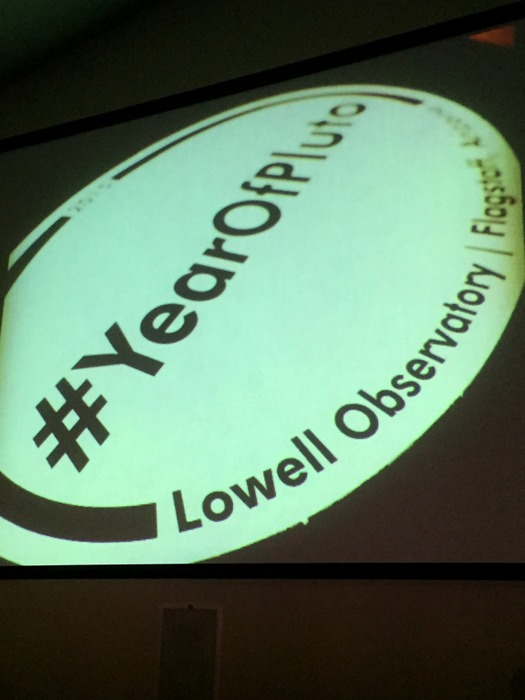
If you want to keep up on all things Pluto you can search the hashtag above.
We enjoyed the observatory so much we ended up getting a membership that gets us into around 300 other observatories and places of geekery. The little boys have decided that not only are they going to be Park Rangers…they are going to be Astronomy Park Rangers and work in the dark sky parks so they can give Ranger Walks at night.
See y’all down the road!

